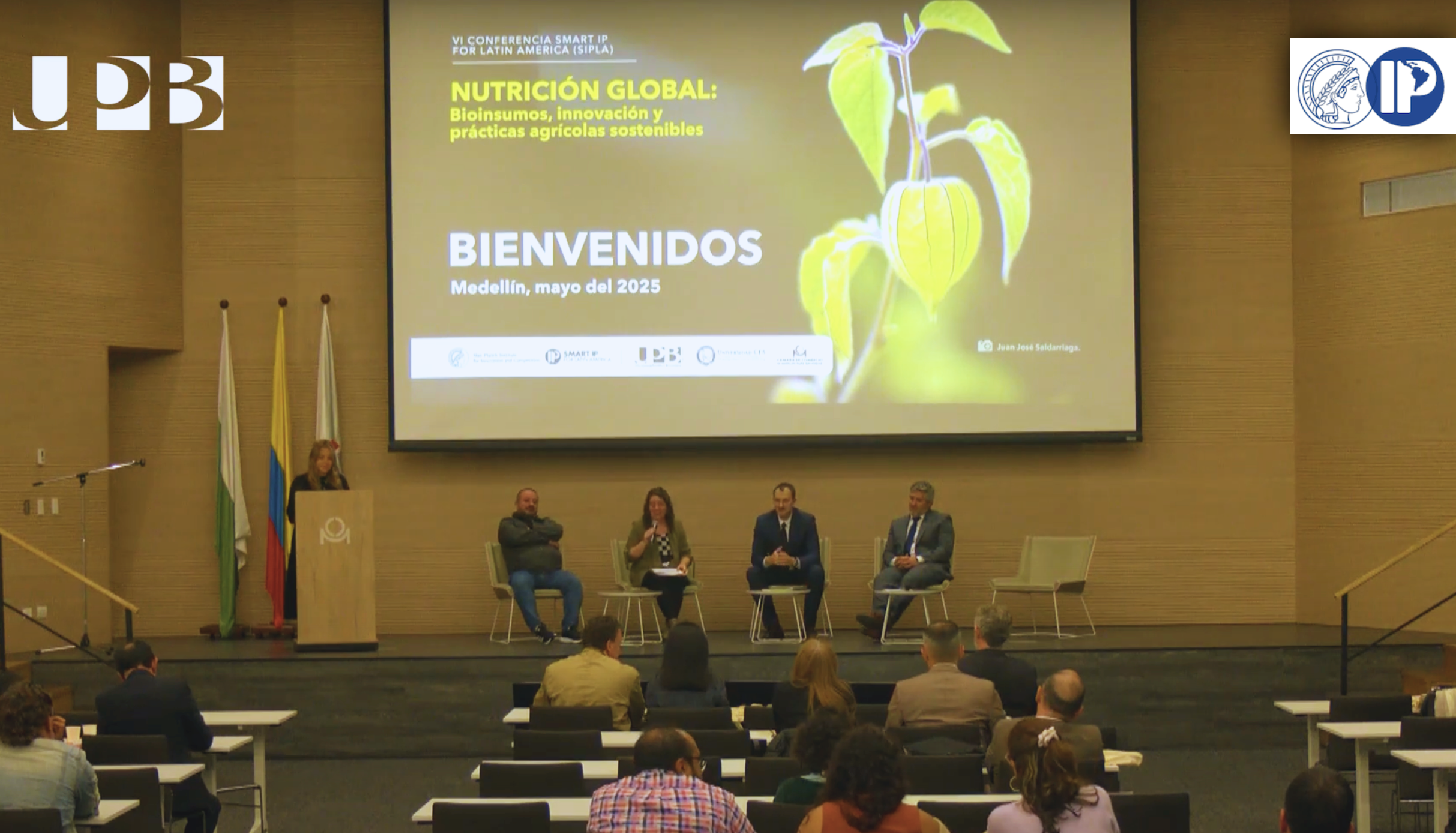
Global Nutrition: Bio-inputs, innovation and sustainable agricultural practices.
The VI SIPLA 2025 Conference, held in Medellín, brought together experts from Latin America to discuss bio-inputs, which are emerging as a strategic alternative for transforming agriculture, as technologies that can promote more sustainable, accessible and autonomous food production, exploring their potential, regulatory challenges and the region's key role in agri-food innovation.
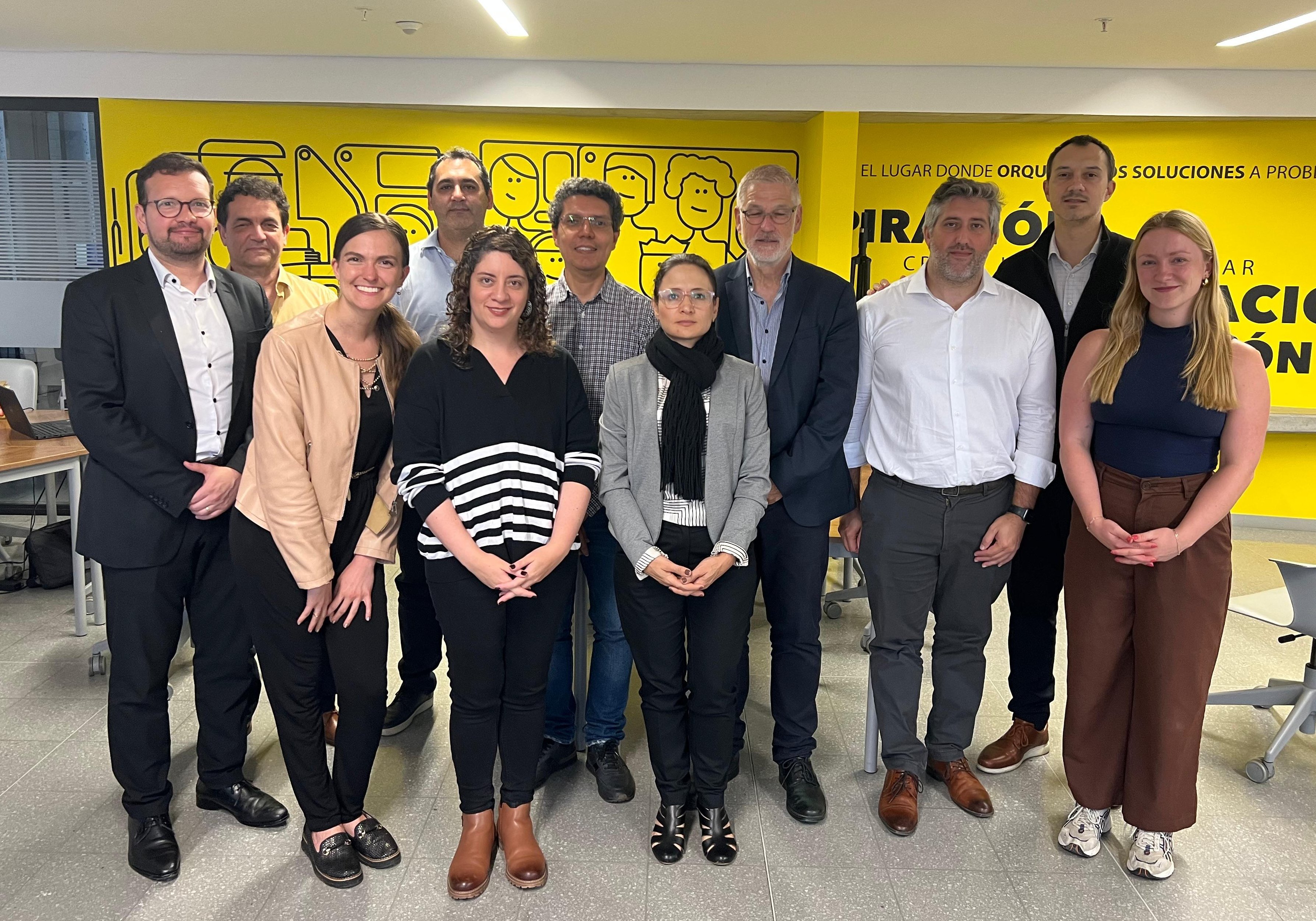
The workshop aimed to examine the challenges and opportunities facing Latin America in terms of hydrogen storage, from a legal and technological perspective. In particular, it focused on the implications of patent concentration in key technologies, as well as barriers to entry and risks to competition.

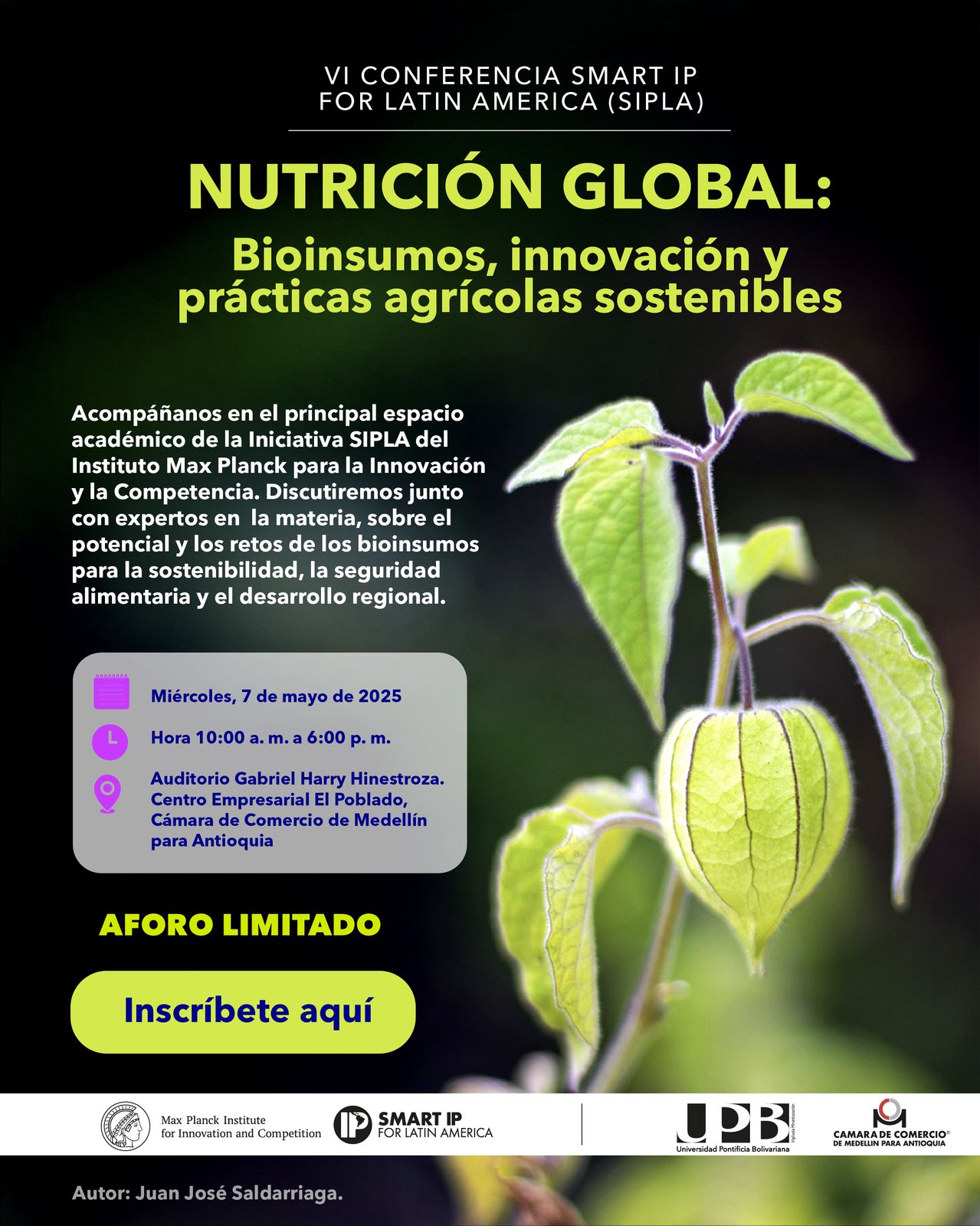
Global Nutrition: Bio-inputs, innovation and sustainable agricultural practices.
7 May 2025. Medellin, Colombia.
The VI Annual Conference of the SIPLA Initiative continued its analysis of global nutrition issues, focusing this time on bio-inputs as a possible solution for sustainable and innovative food production. The potential and technical challenges of bio-inputs, their production and use in Latin America, relevant regulatory frameworks, and the impact of intellectual property and regional integration on agricultural and innovation processes related to these technologies were discussed.
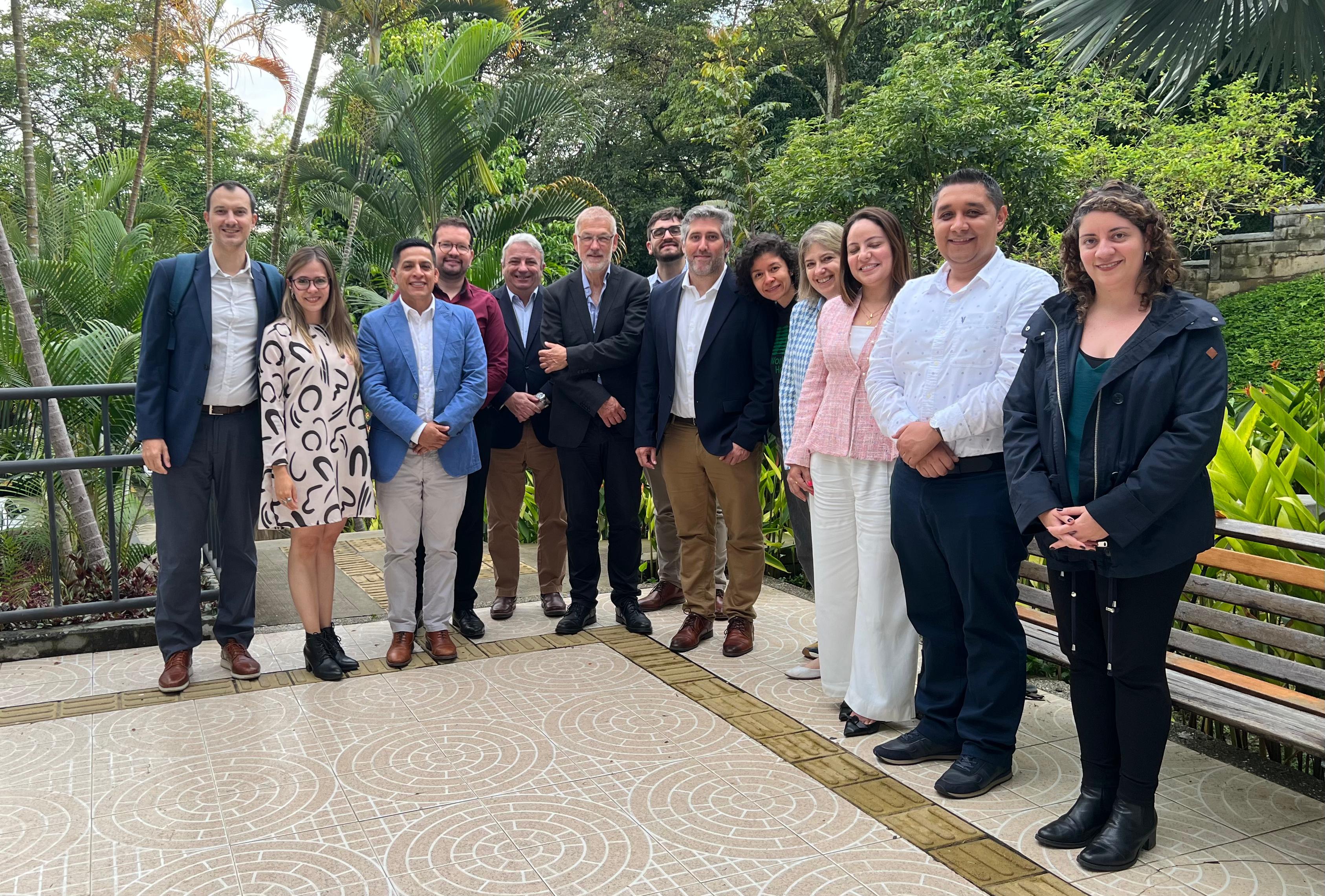
The workshop held in May focused on the analysis and consolidation of the fourth section of the “Regional Instrument for the Protection of Social, Economic and Environmental Interests in Patent Law.” This section, dedicated to explanatory notes, was addressed with the aim of defining common criteria on their interpretative function and their link to previously agreed regulatory commitments.
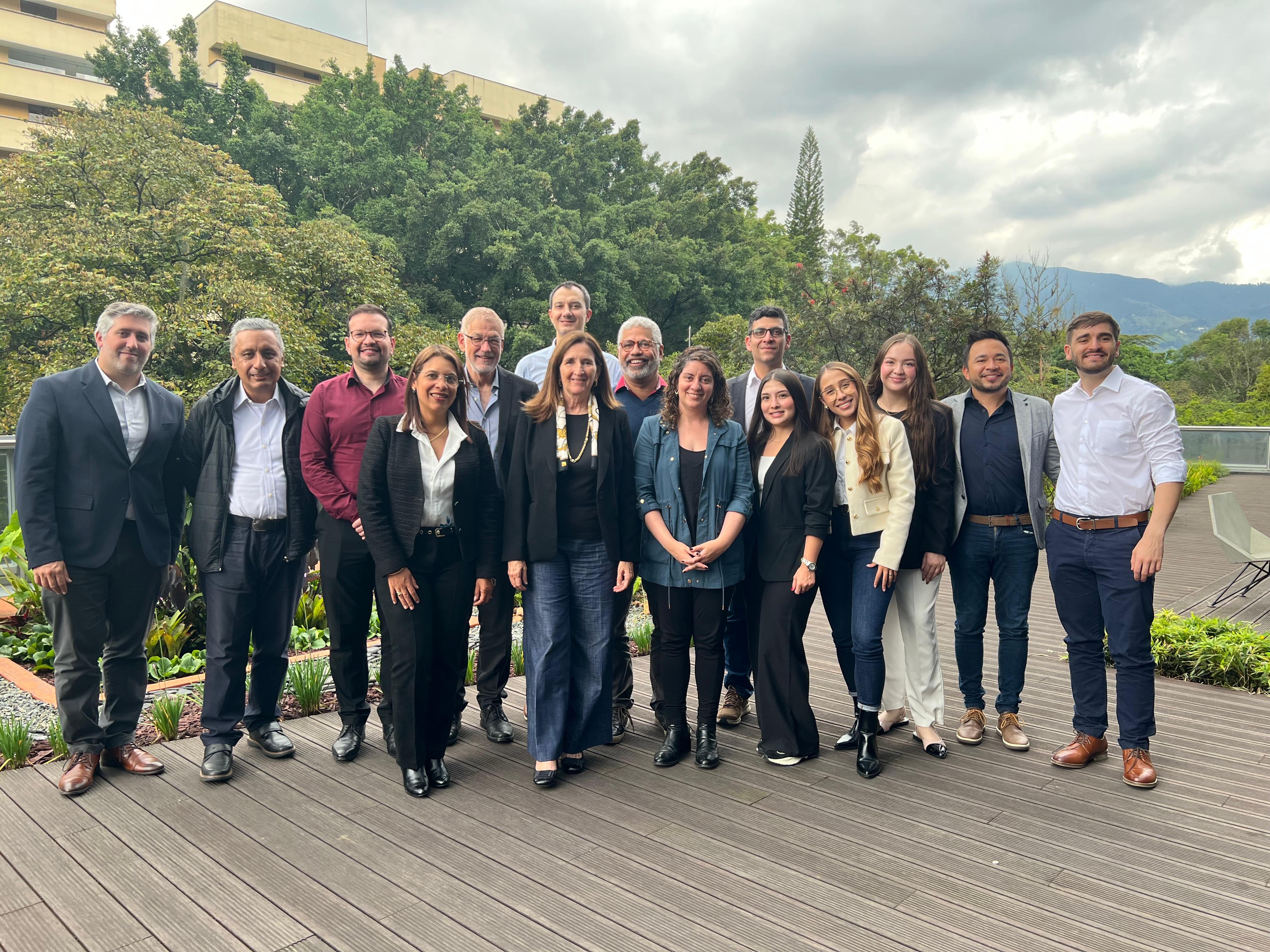
As part of the copyright research programme, a specific workshop was held on the compensation for transformative uses project. This academic event took place at the Medellín Chamber of Commerce for Antioquia, in the city of Medellín, Colombia. The concept of transformative uses v. transformation of protected works was discussed, as well as the possibility of implementing compensation mechanisms in the specific context of Latin America, with the aim of encouraging creation and balance in the market.
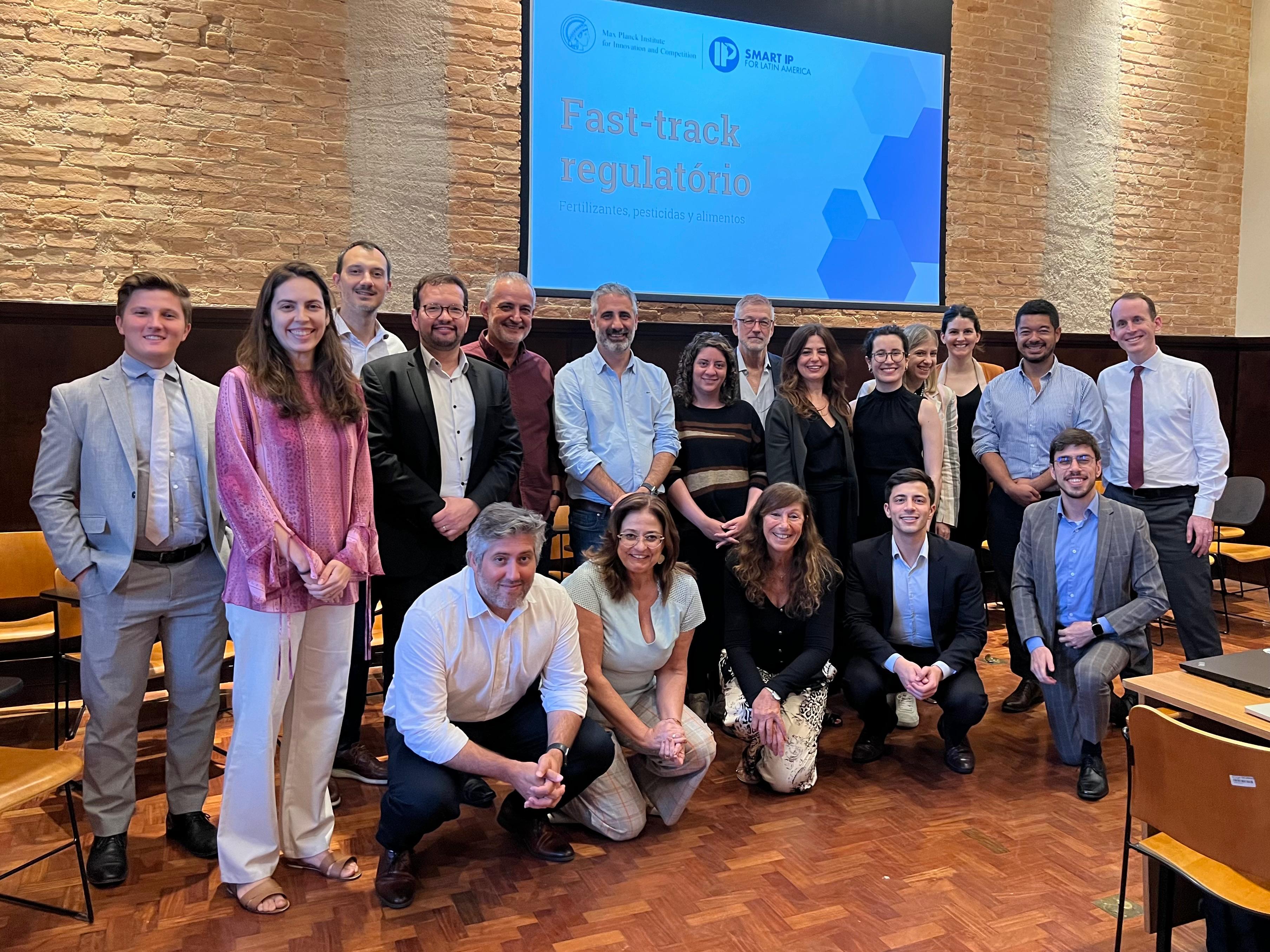
The workshops aimed to examine possible designs of regulatory fast track procedures for biofertilizers and biopesticides in Latin America countries.
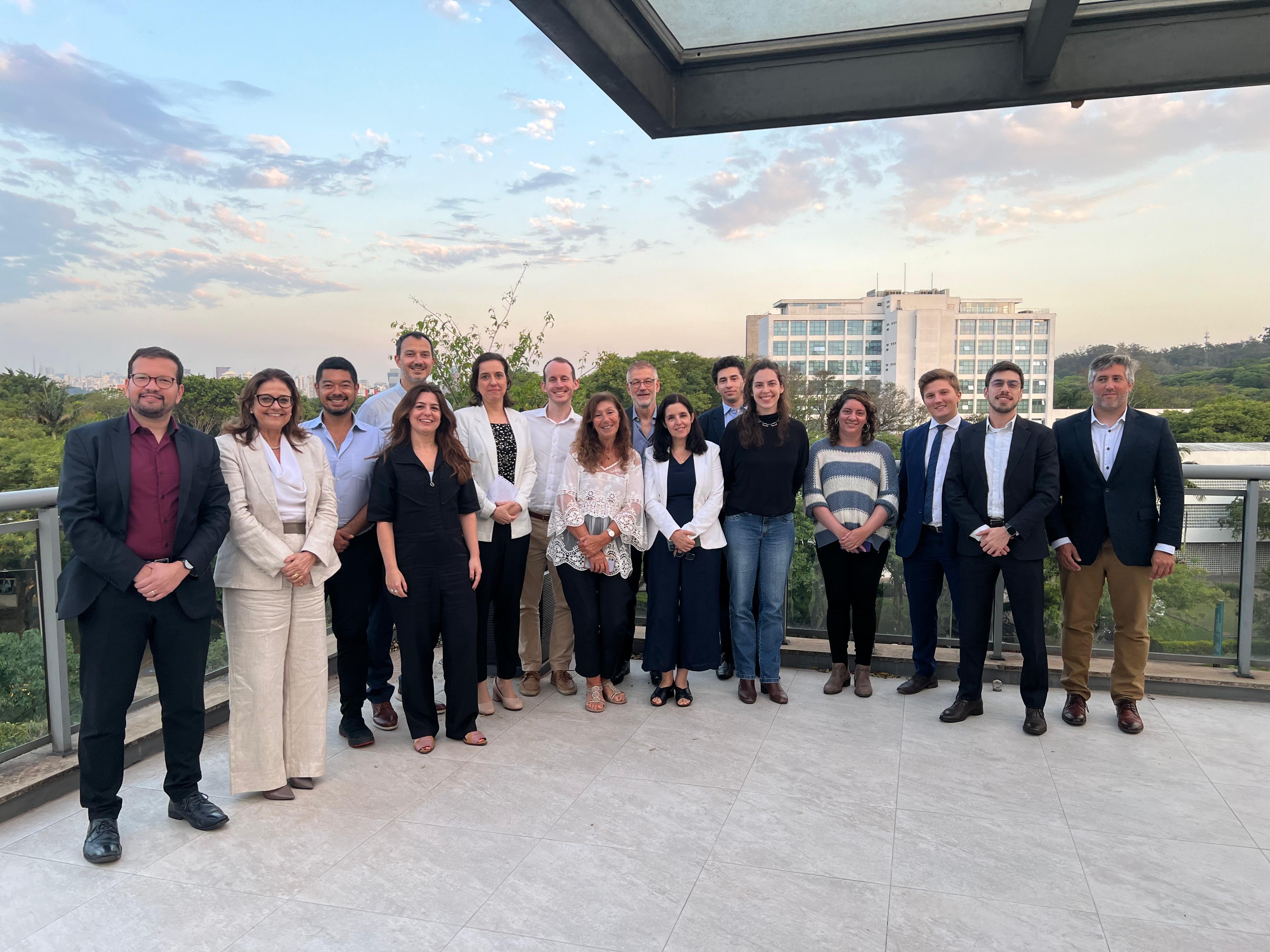
The workshop aimed to discuss the effectiveness of patents fast track systems in Brazil and Chile. The debate was attended by experts in the sector, as well as representatives of the Brazilian patent office, INPI. The workshop was also attended by users of the Brazilian fast-track system, through the USP Innovation Agency, which is linked to the University of São Paulo and has filed several patents with the INPI.
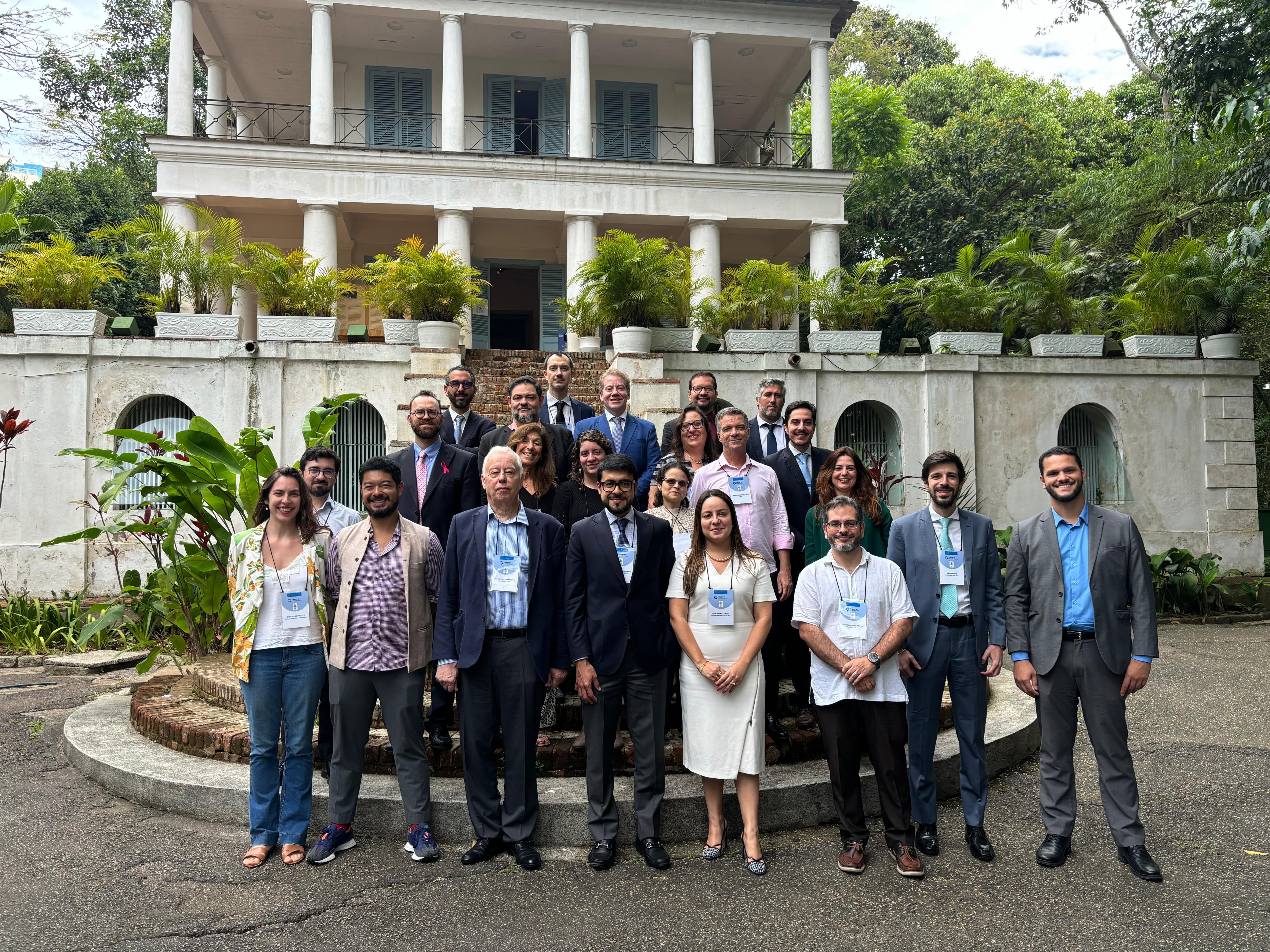
On Friday 11 October, the first workshop on unfair competition was held at the Pontifical Catholic University of Rio de Janeiro, Brazil, with experts from both the region and Brazil. Professor Pedro Marcos Nunes Barbosa coordinated the event.The objective of the workshop, which was attended by judges, academics and litigants, was to discuss the first version of the framework for a comparative study on unfair competition.
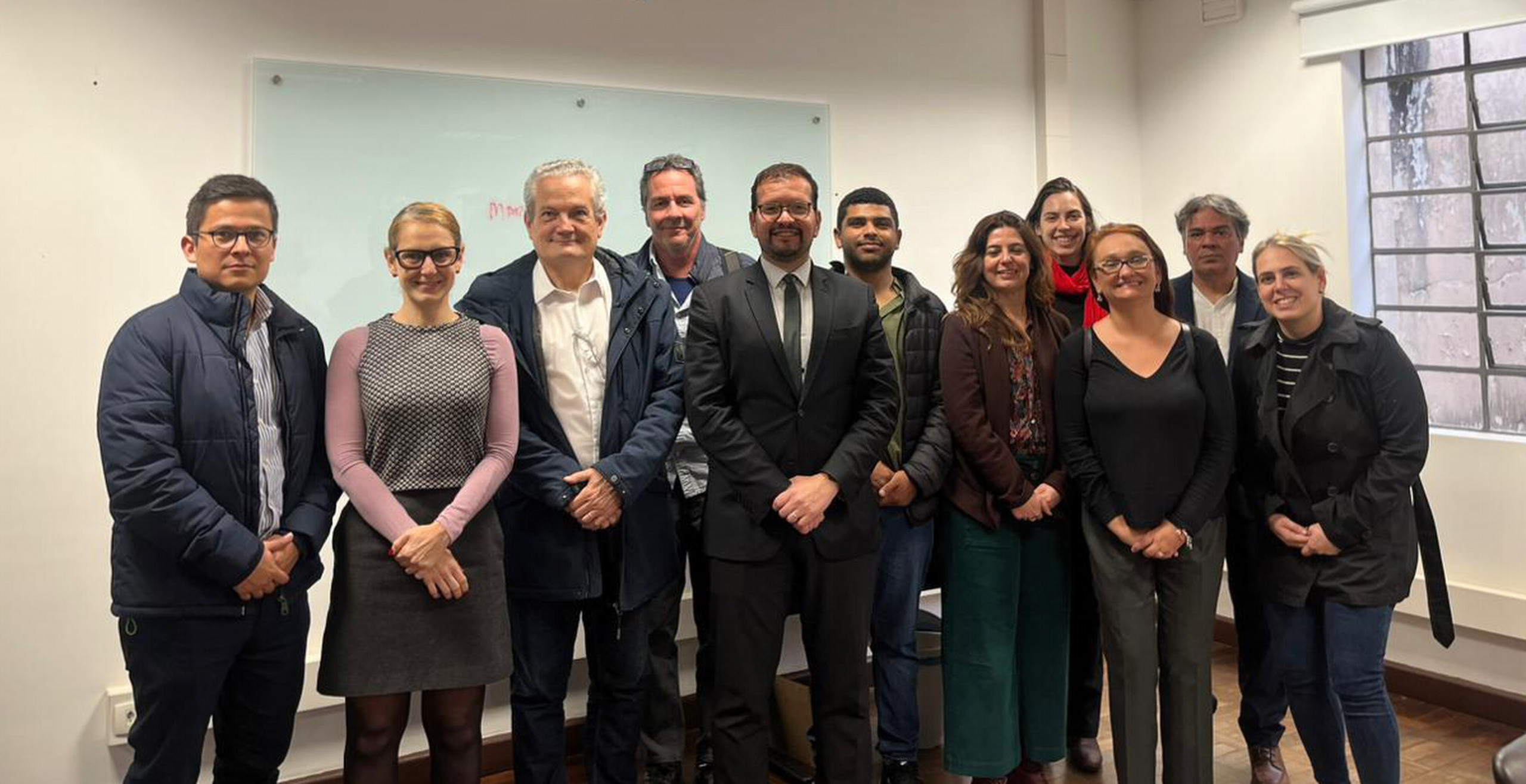
The objective of this workshop was to discuss the most relevant aspects for the global governance of DSI and the strategy to be adopted by Latin American countries in international negotiations. Among others, the definition of DSI, repercussions on existing national regulatory frameworks, types of benefits to be shared, triggers, governance and criteria for the distribution of funds, exceptions, compliance, sanctions and repercussions on multilateral mechanisms in other international fora were discussed.
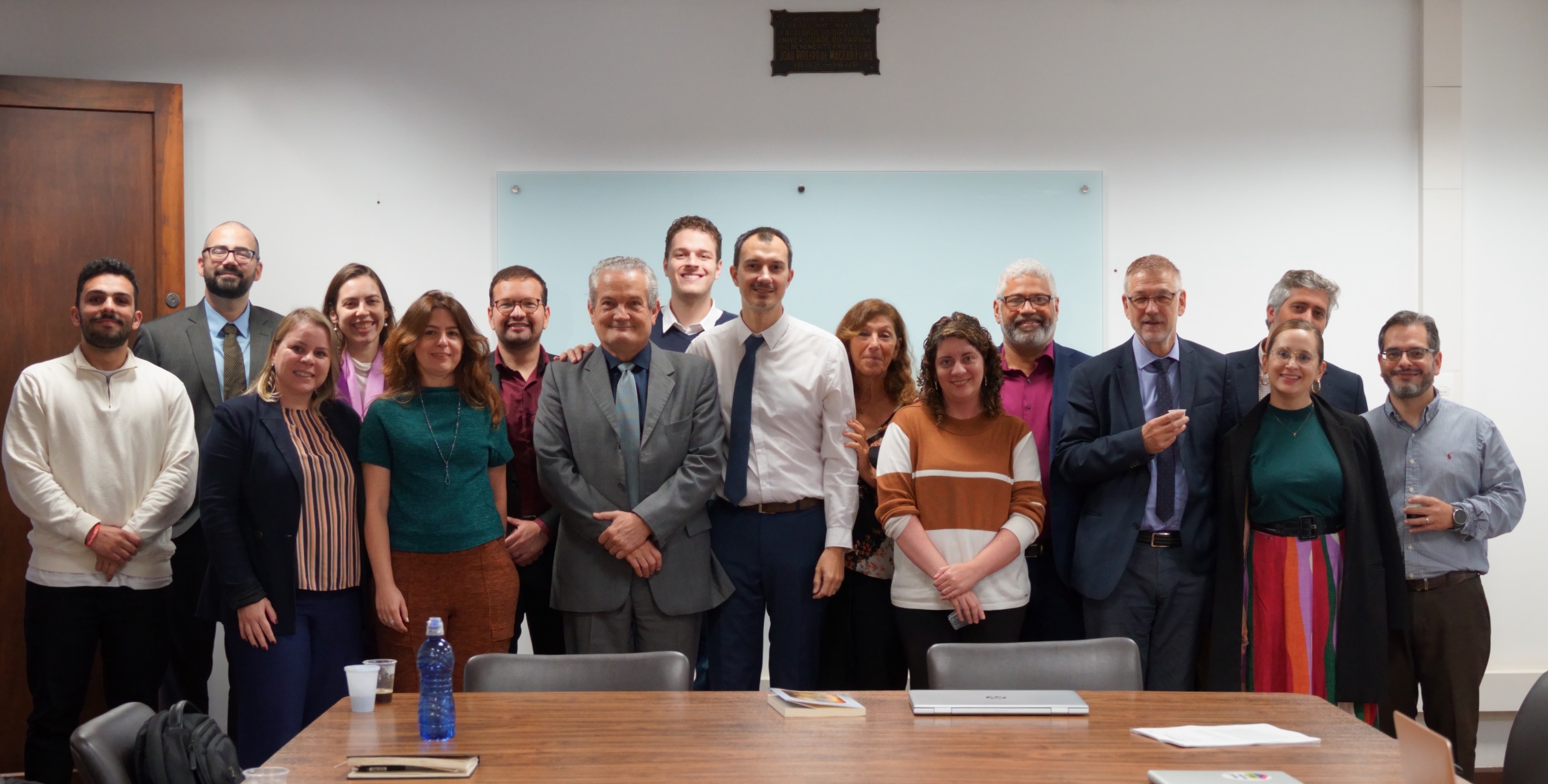
In the framework of the Regional Instrument on Permitted Uses in Copyright project, a specific workshop on text and data mining (TDM) in the Latin American context was held in Curitiba, Brazil. The aim was to identify copyright challenges arising from these technologies, especially when TDM involves the manipulation of large amounts of protected material. The use of TDM and Artificial Intelligence to extract patterns or generate new content presents a debate between the benefits of innovation and the rights of original creators.
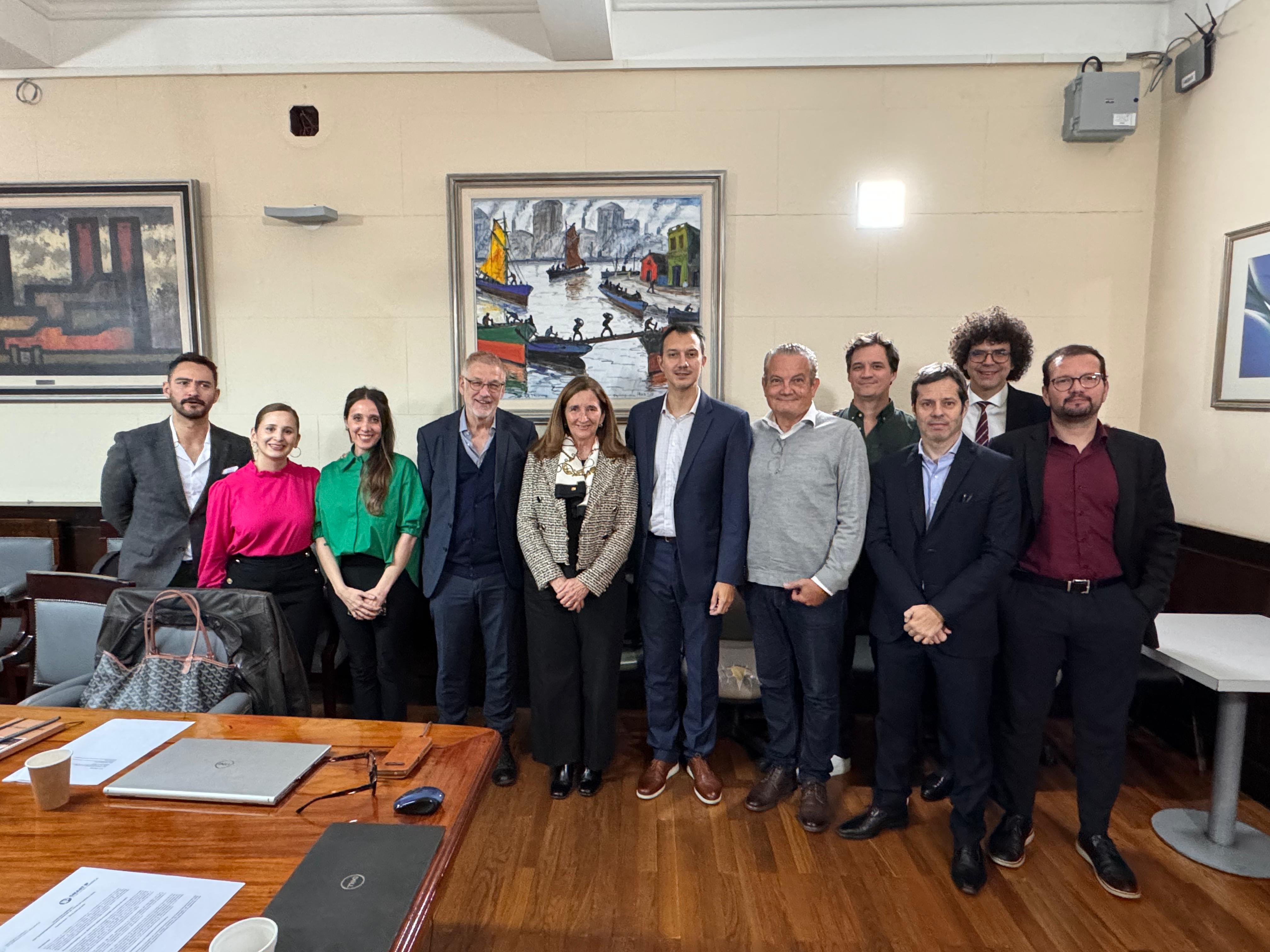
The workshop, held at the Faculty of Law of the University of Buenos Aires, Argentina, originates, in search of new relevant lines of research, from discussions held at the workshop "Regional copyright instrument" previously held in Bogota, Colombia, on 30 November 2023. The main objective of this workshop was to explore the concept of transformative use and its dynamics in legislation and practices in the region.

Global Nutrition: Towards a smart production system.
The 5th Annual Conference of the SIPLA 2024 Initiative has focused on the incorporation of new technologies in food production, with the aim of promoting a paradigm shift towards more efficient production systems to favour global nutrition. Emerging technologies in smart agriculture and their regulatory challenges were addressed through an interdisciplinary perspective.
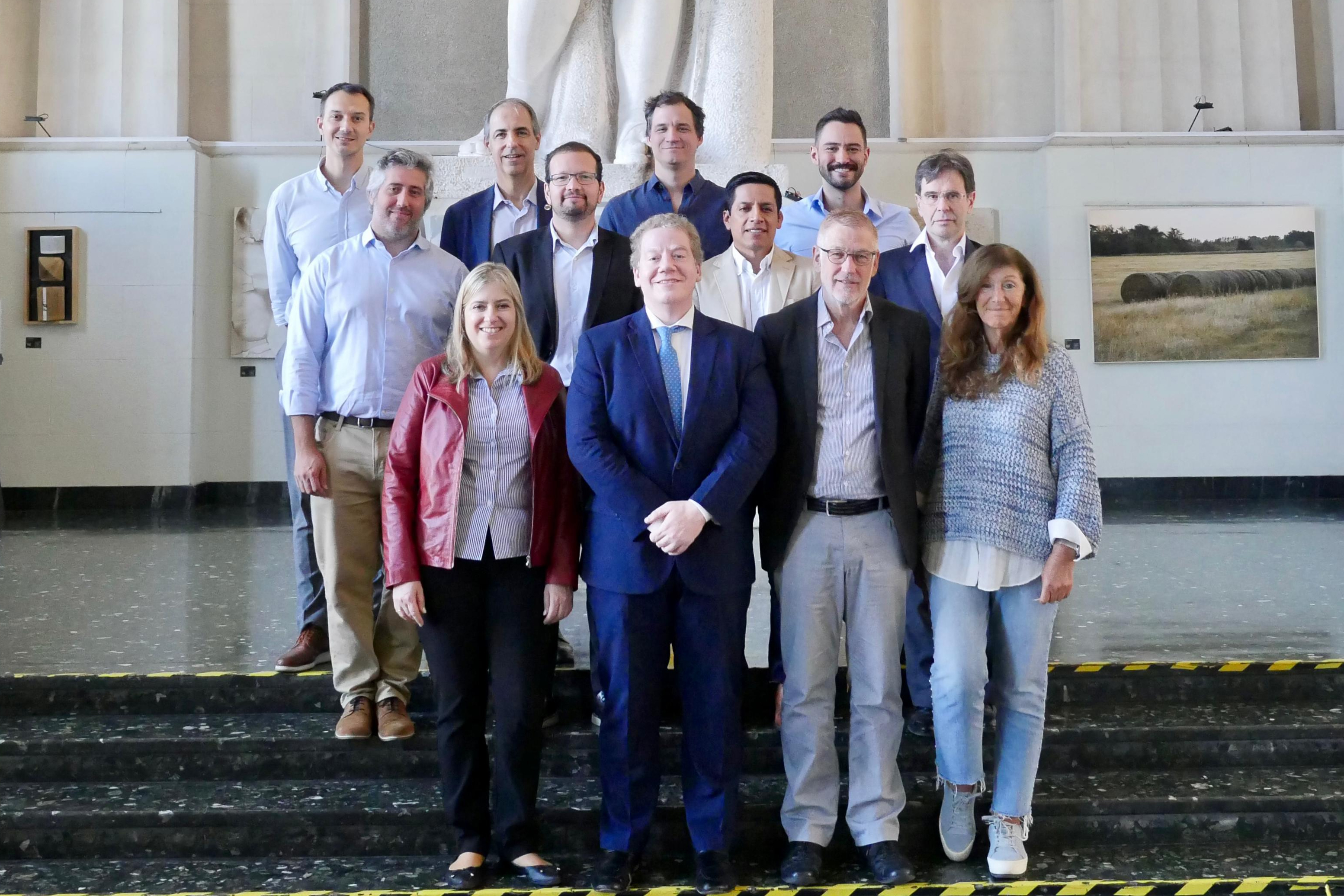
On 22-23 April, the third workshop on the Regional Patent Law Instrument was held at the Faculty of Law of the University of Buenos Aires. This meeting discussed a new version of the international document that started after the IV Conference that took place in Sao Paulo, Brazil.
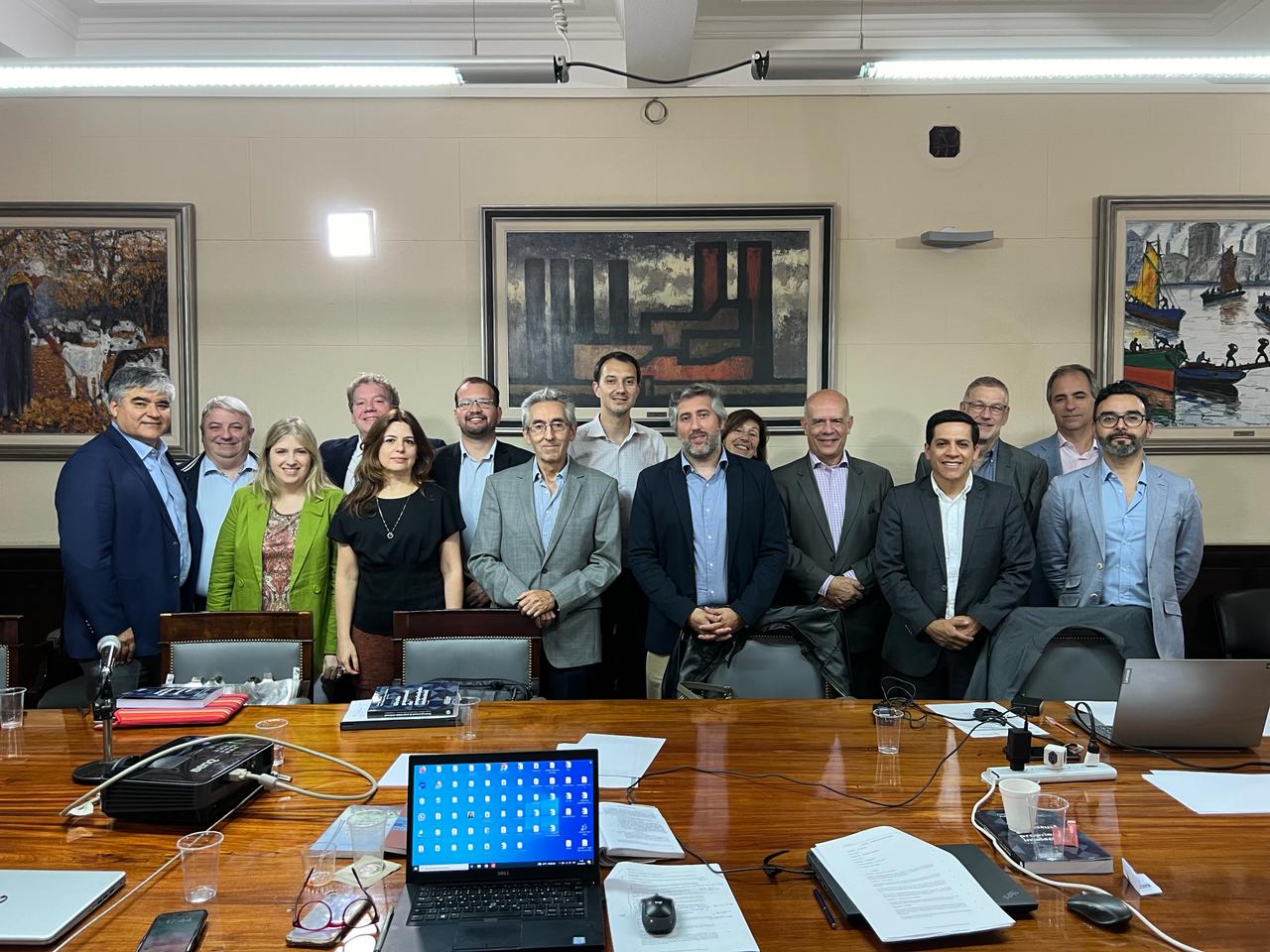
The workshop was held on 4-5 December 2023 at the Faculty of Law of the University of Buenos Aires. It is the fourth workshop on the creation of a regional instrument on patent law. It took the results of the April workshop to produce a document that was presented in Buenos Aires.
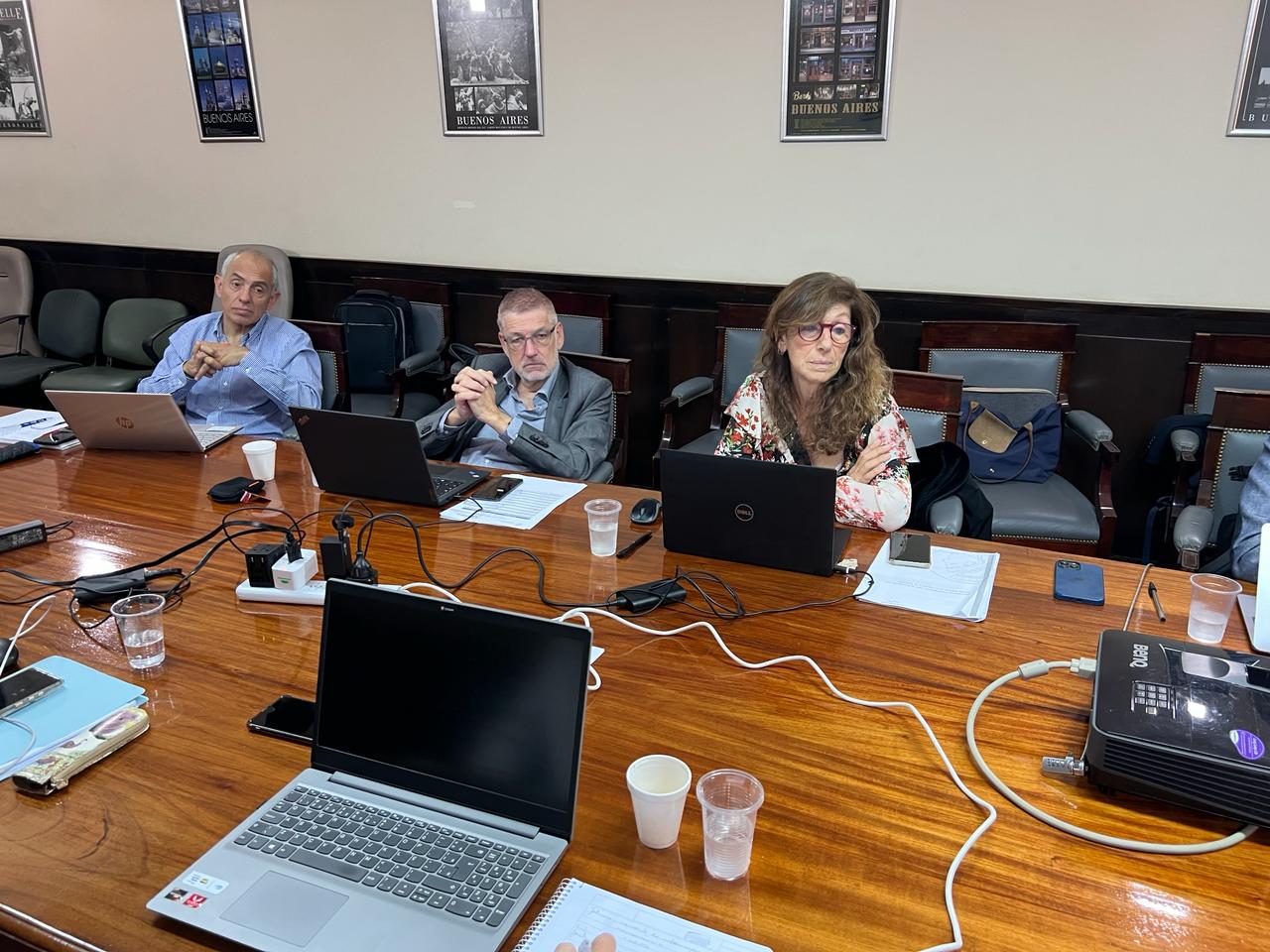
The workshop was held at the Faculty of Law of the University of Buenos Aires on 6 December 2023. The purpose of the meeting was to discuss the participants' responses to the questionnaire sent from April to October.
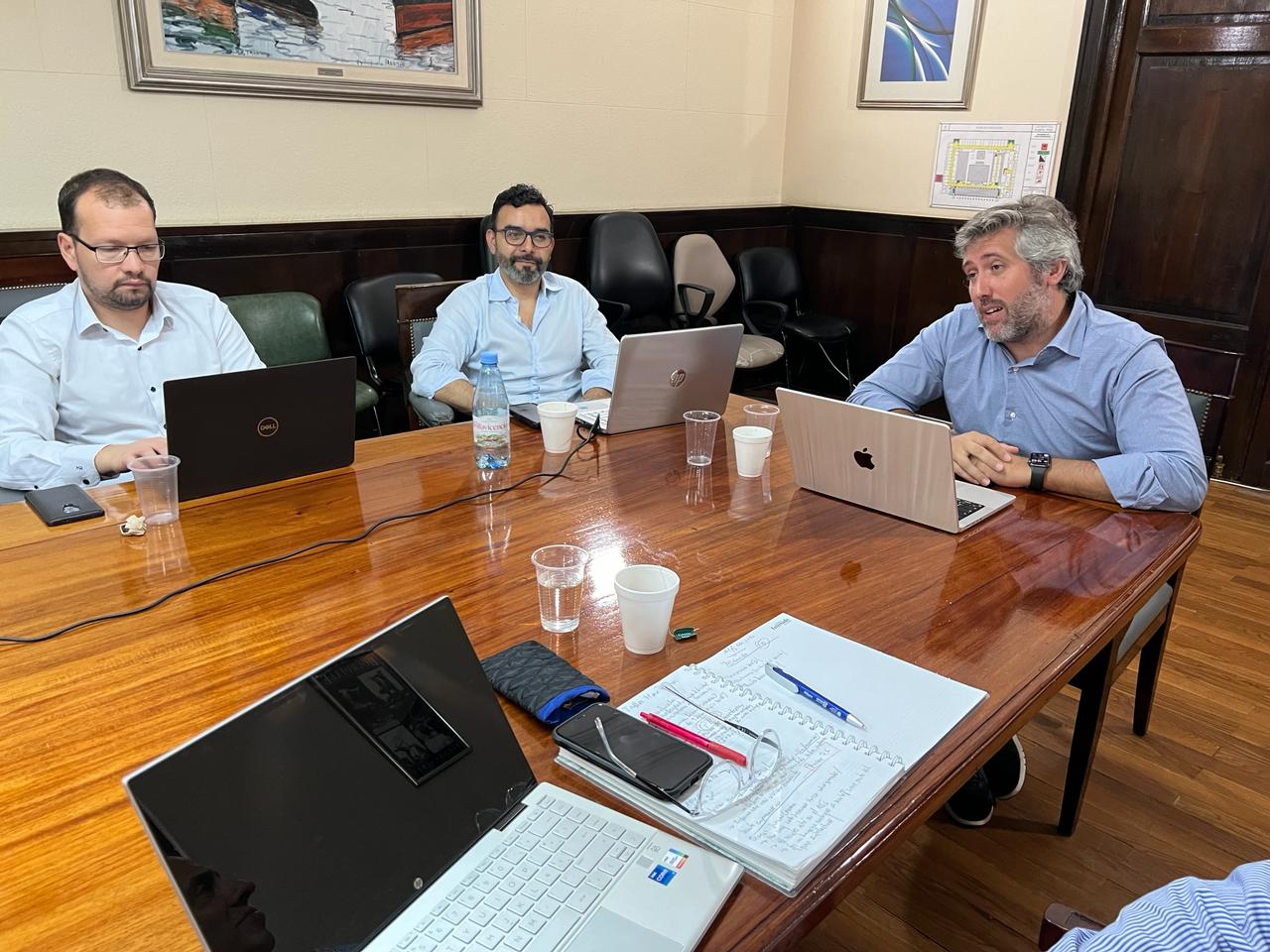
The project aims to advance the understanding of how to improve the functioning of the "global innovation system" for technologies supporting sustainable development with a special focus on Latin America. Innovation" is broadly conceived to encompass not only the processes by which new technologies are invented but also the processes by which a set of inventions is selected for further development, produced, initially adopted, transferred, moved into sustained use and then adapted to better suit end-user needs or withdrawn in favour of another technology.

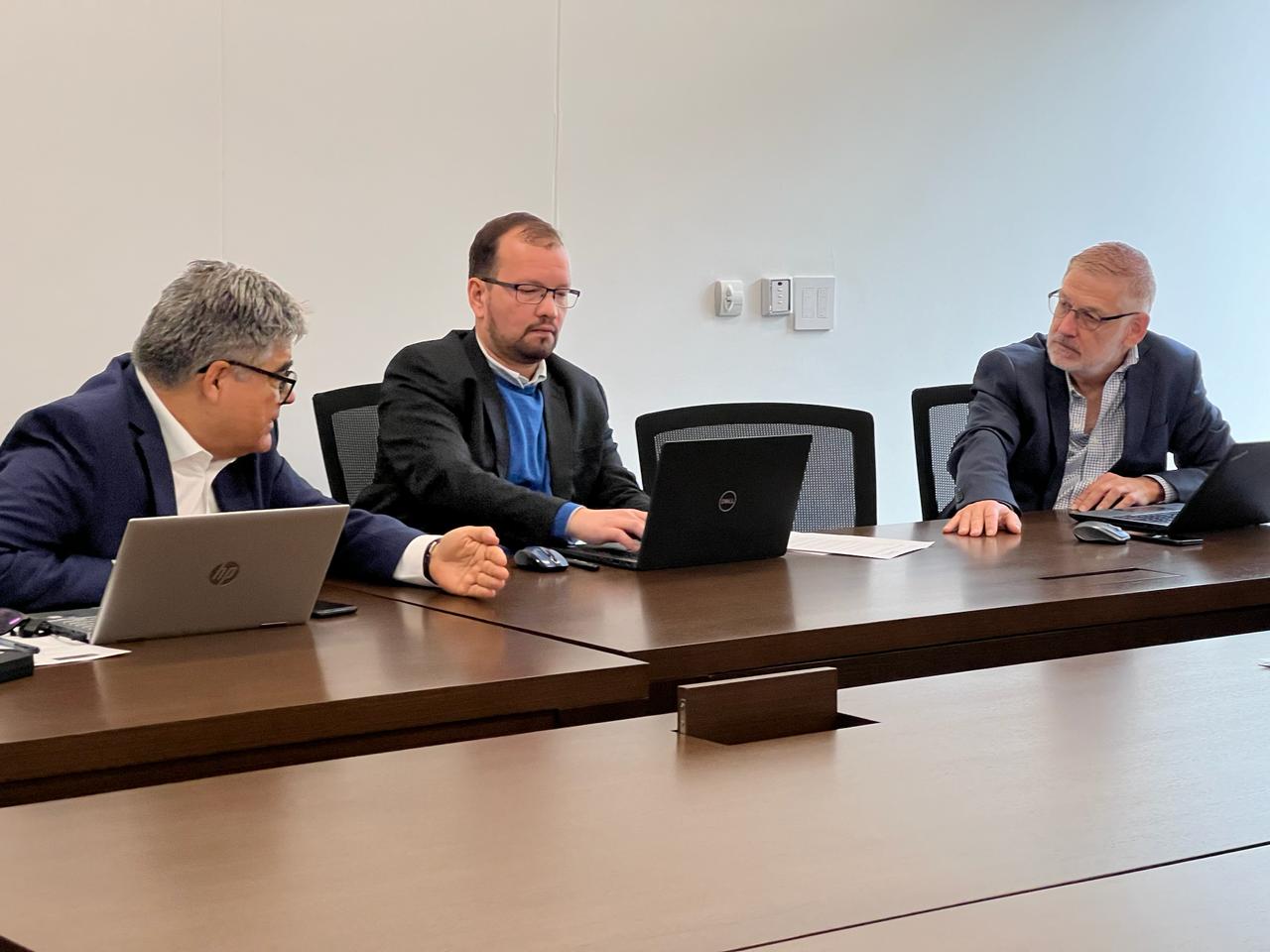
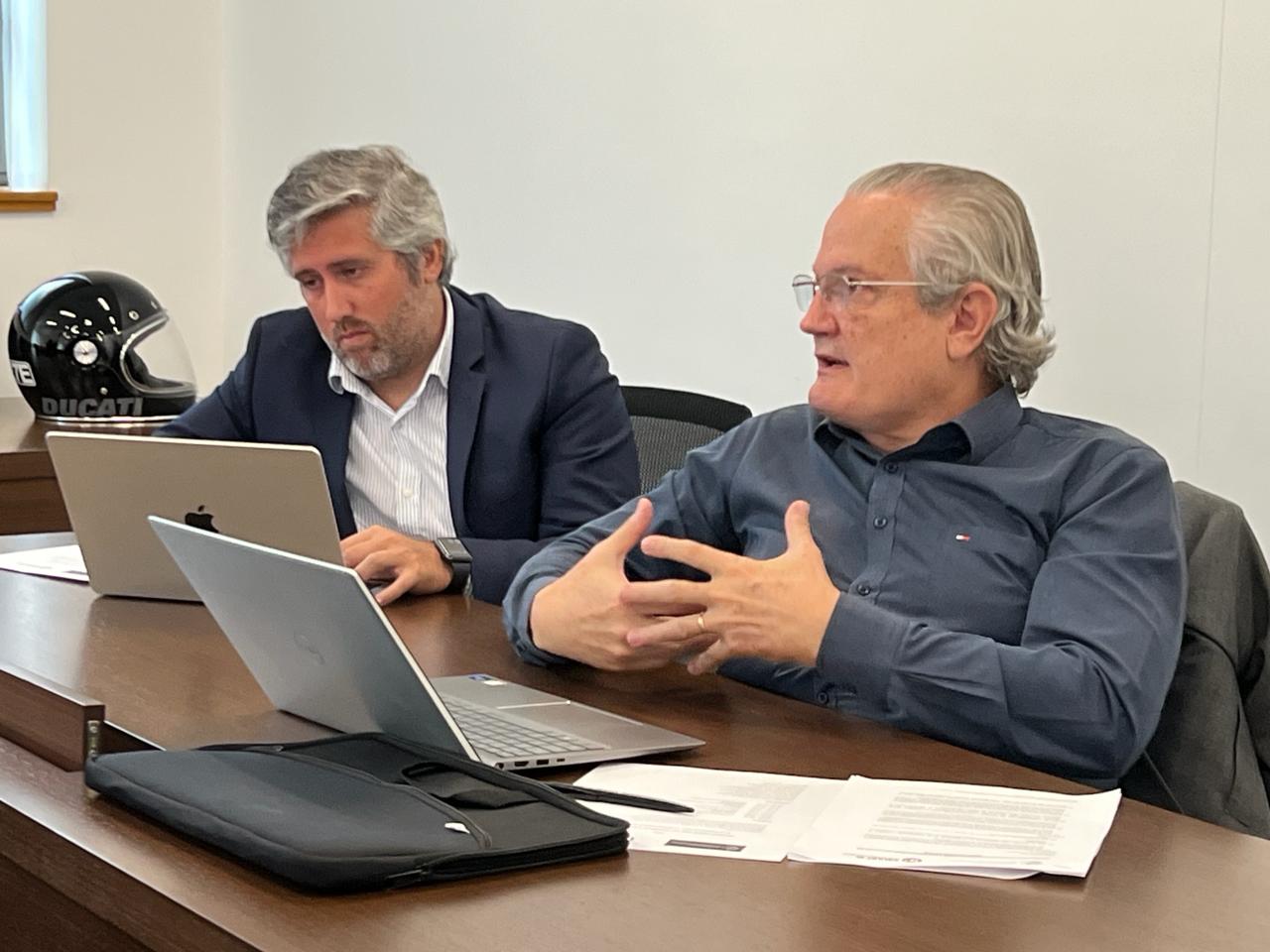
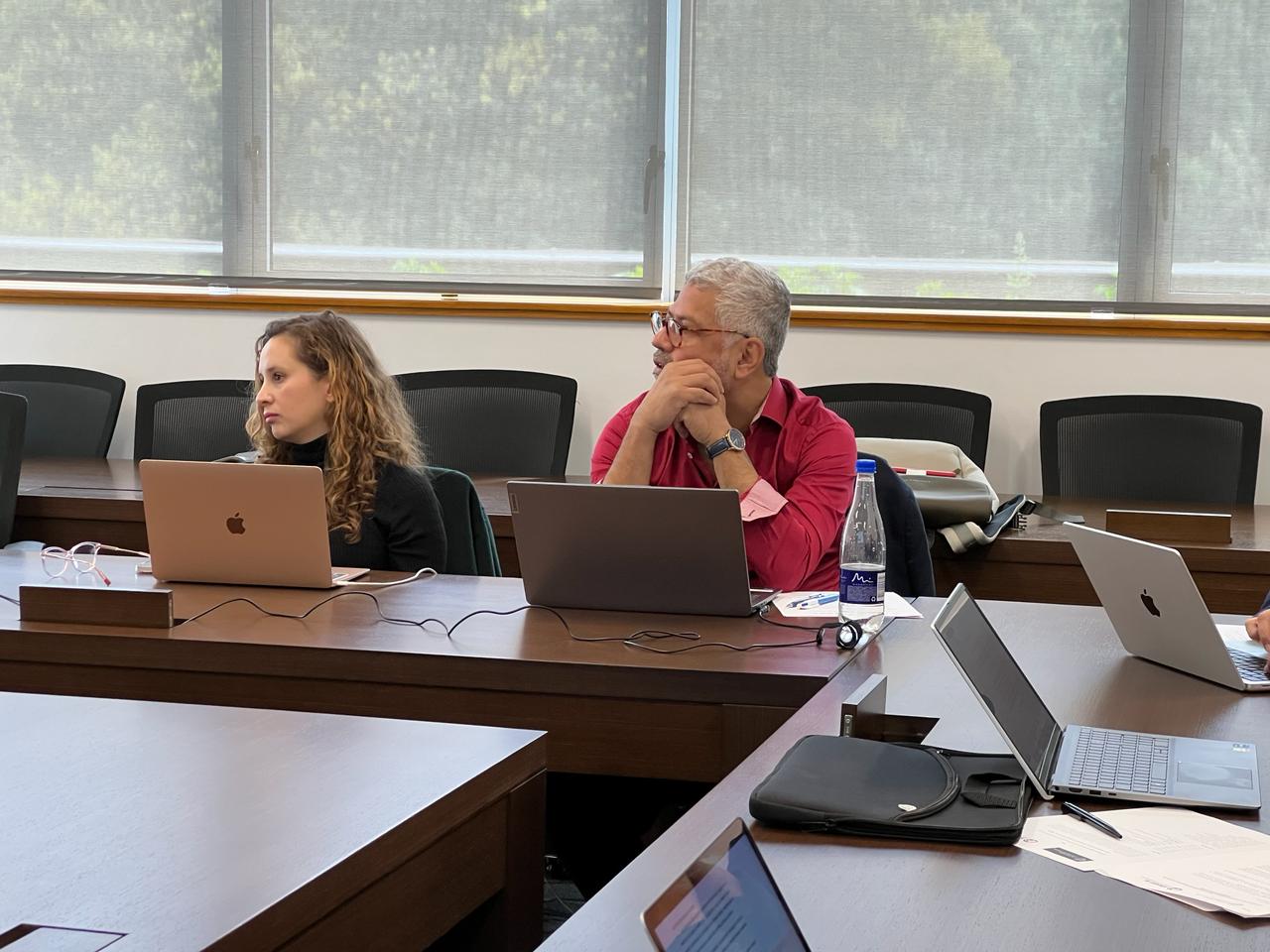
The workshop, held at the Faculty of Law of the University of Externado, Bogotá, Colombia, is a continuation of the workshop "Regional instrument on copyright " held in São Paulo, Brazil on 26 May 2023, whose main objective was outlining the structure and content of a regional instrument, considering a relevant precedent such as the "International Instrument on Permitted Uses in Copyright Law" published in 2021.
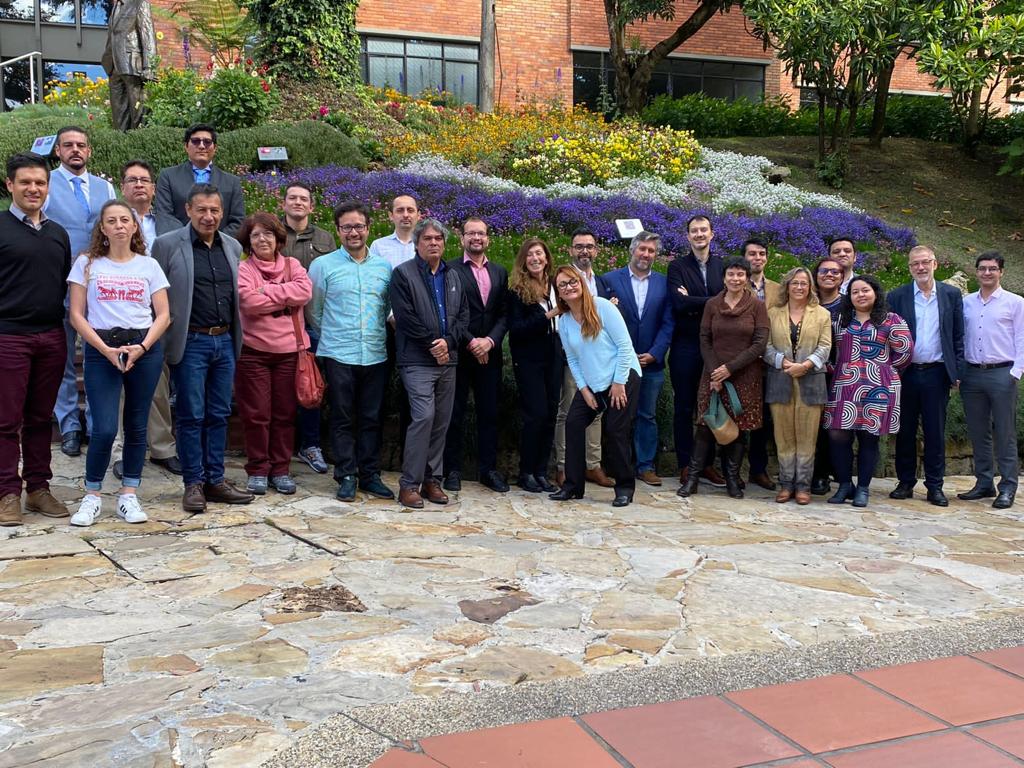
Latin America has a unique biodiversity and a plurality of biological and genetic resources. The importance of protecting these resources for adapting to climate change and combating its effects is unquestionable. Furthermore, the immense biodiversity of this region further increases its innovation potential. However, this potential has been insufficiently explored. Latin American countries face the challenge of establishing adequate regulations that lead to innovation and access to new technologies. This includes choosing and implementing appropriate national and regional public policies on access to genetic resources.
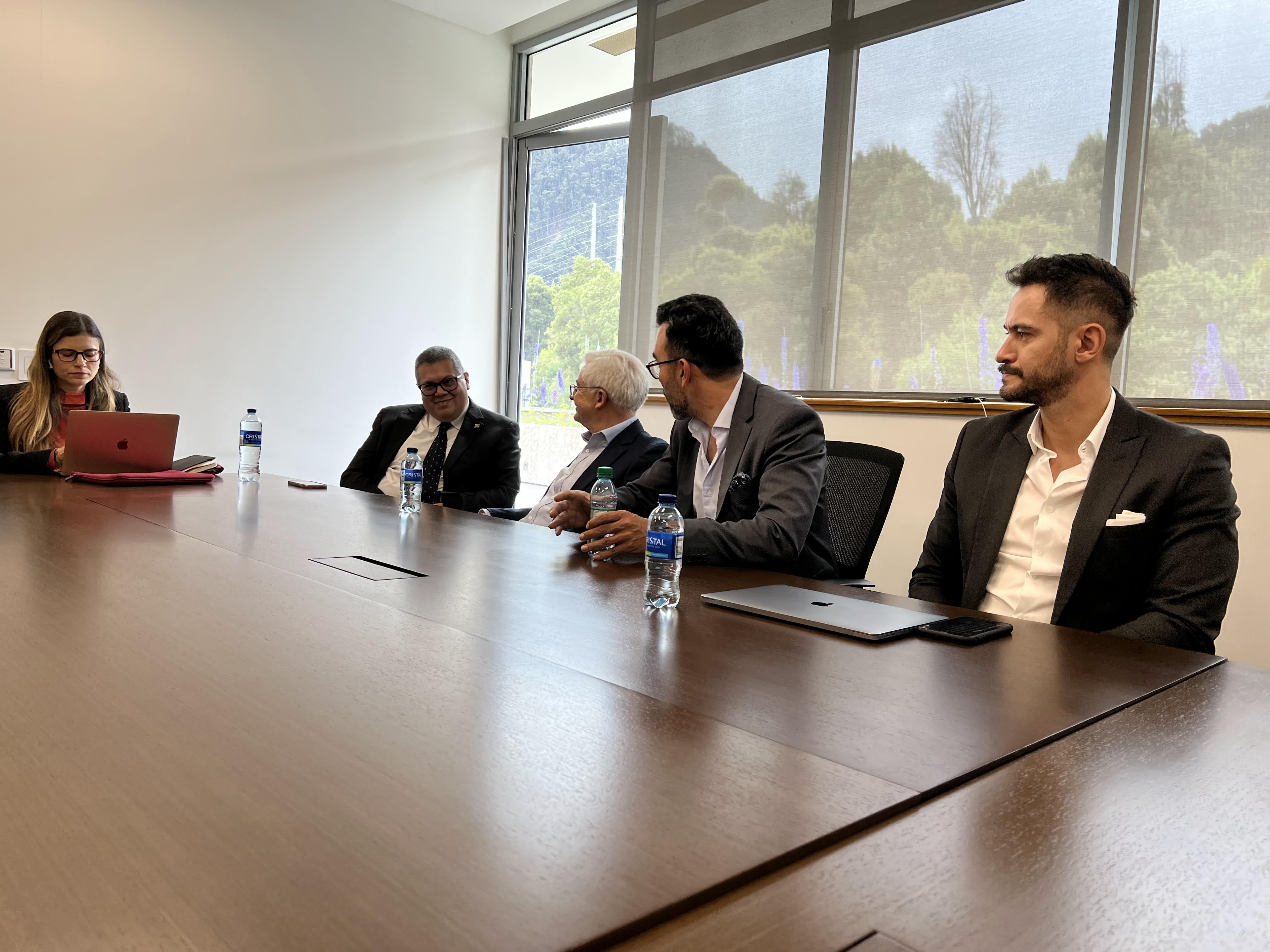
The Workshop on Distinctive Collective Signs was held on June 9, 2023 at the Externado de Colombia University in Bogotá. The event was organized by the Bogotá Observatory as part of the Smart IP for Latin America Initiative. Max Planck Institute for Innovation and Competition. The activity was developed in the form of a round table, where participants were invited to exchange ideas and discuss the questions raised, using concrete examples of Distinctive Collective Signs (DCS).
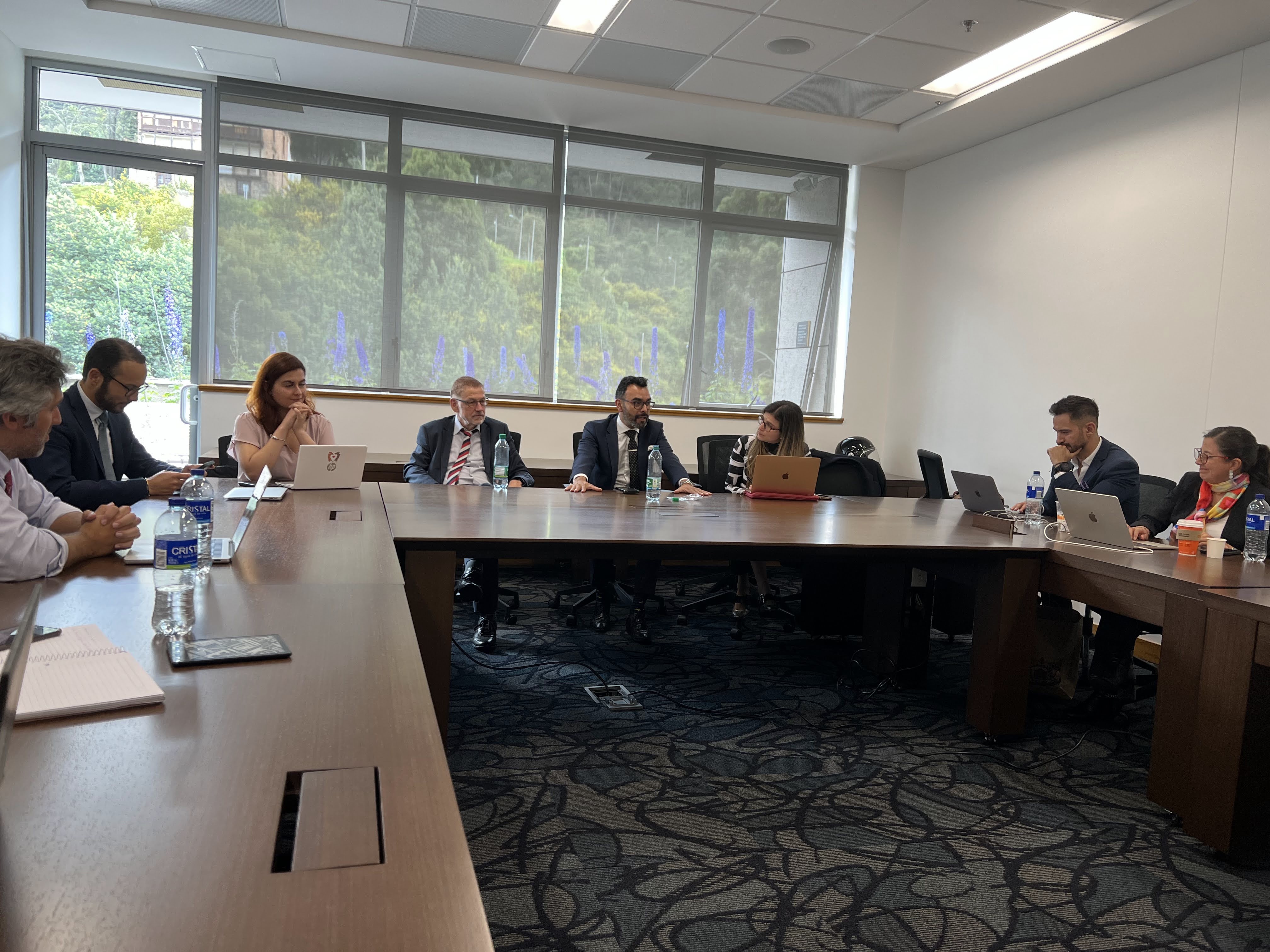
On 8 June, the first workshop of the Research Line on Innovation in Sustainable Technologies was held at the University of Externado, Colombia. This workshop is in addition to the III and IV Conferences of the Smart IP Initiative where the focus was on issues of sustainability and innovation. The meeting aimed to analyse the main questions and lines of research in the field of innovation in areas such as energy, environment and agriculture.
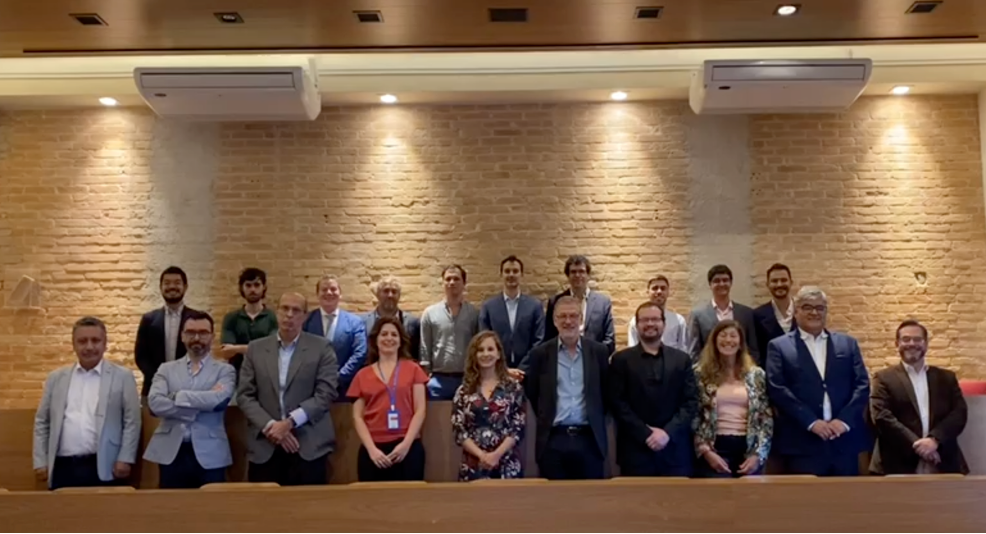
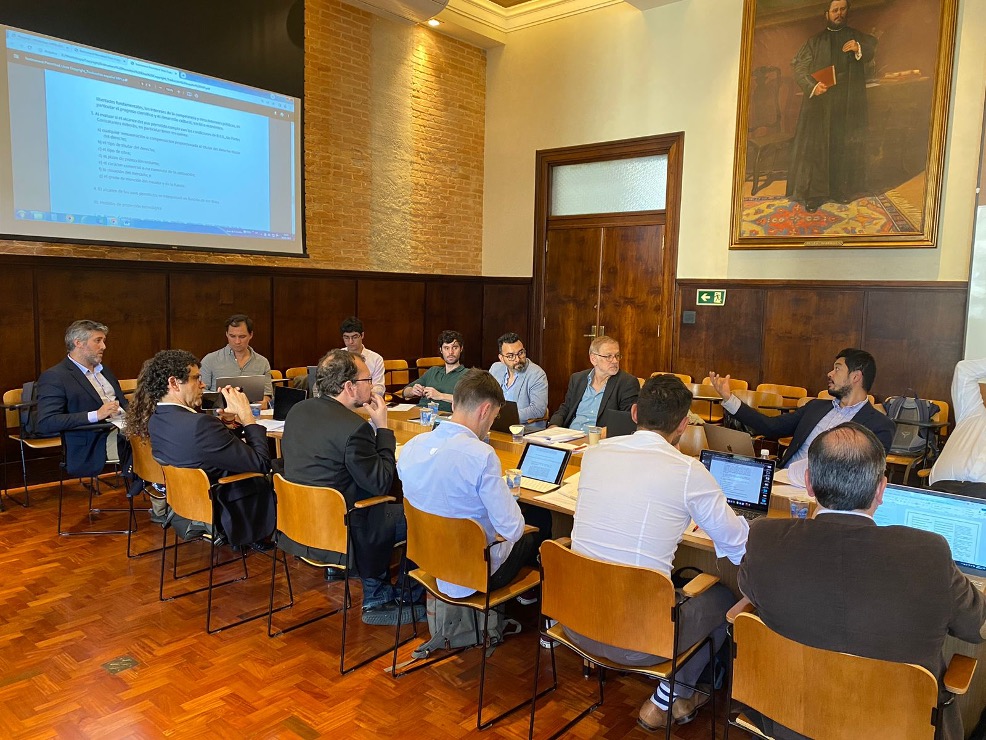
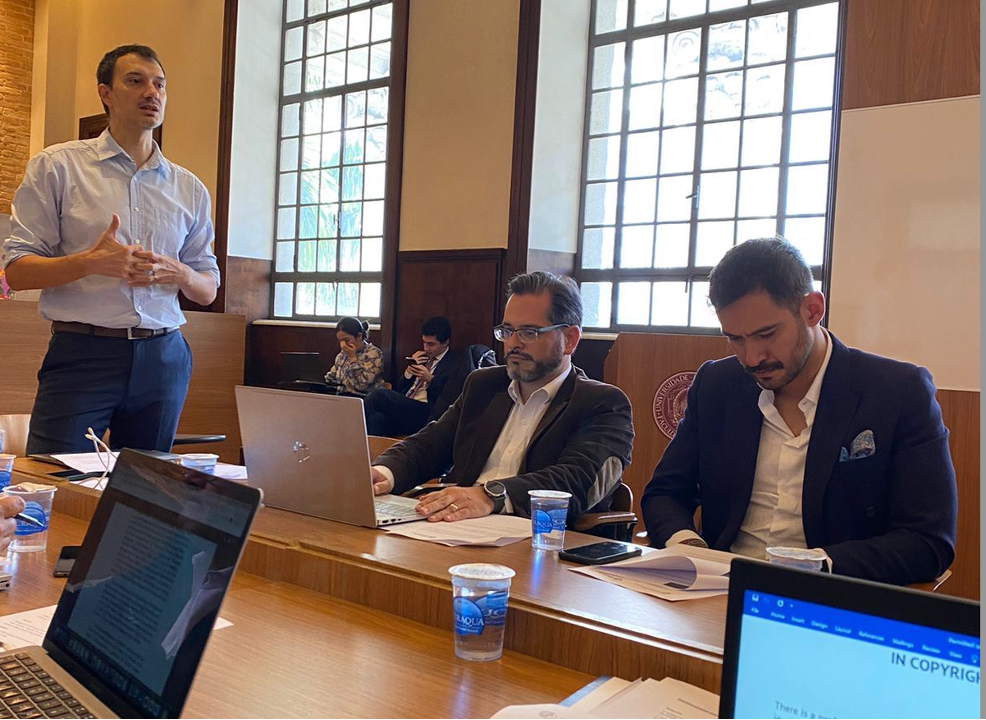
The workshop, held at the Faculty of Law of the University of São Paulo, is a continuation of the workshop "Pathways Towards Adequate Copyright Regulation in Latin America" held in Curitiba, Brazil on 1 and 2 September 2020, whose main objective was to know the perception that Latin America had regarding the degree of flexibilities that the region has and the importance or need to advance in the adoption of greater flexibilities, presenting a relevant precedent such as the "International Instrument on Permitted Uses in Copyright Law" published in 2021.
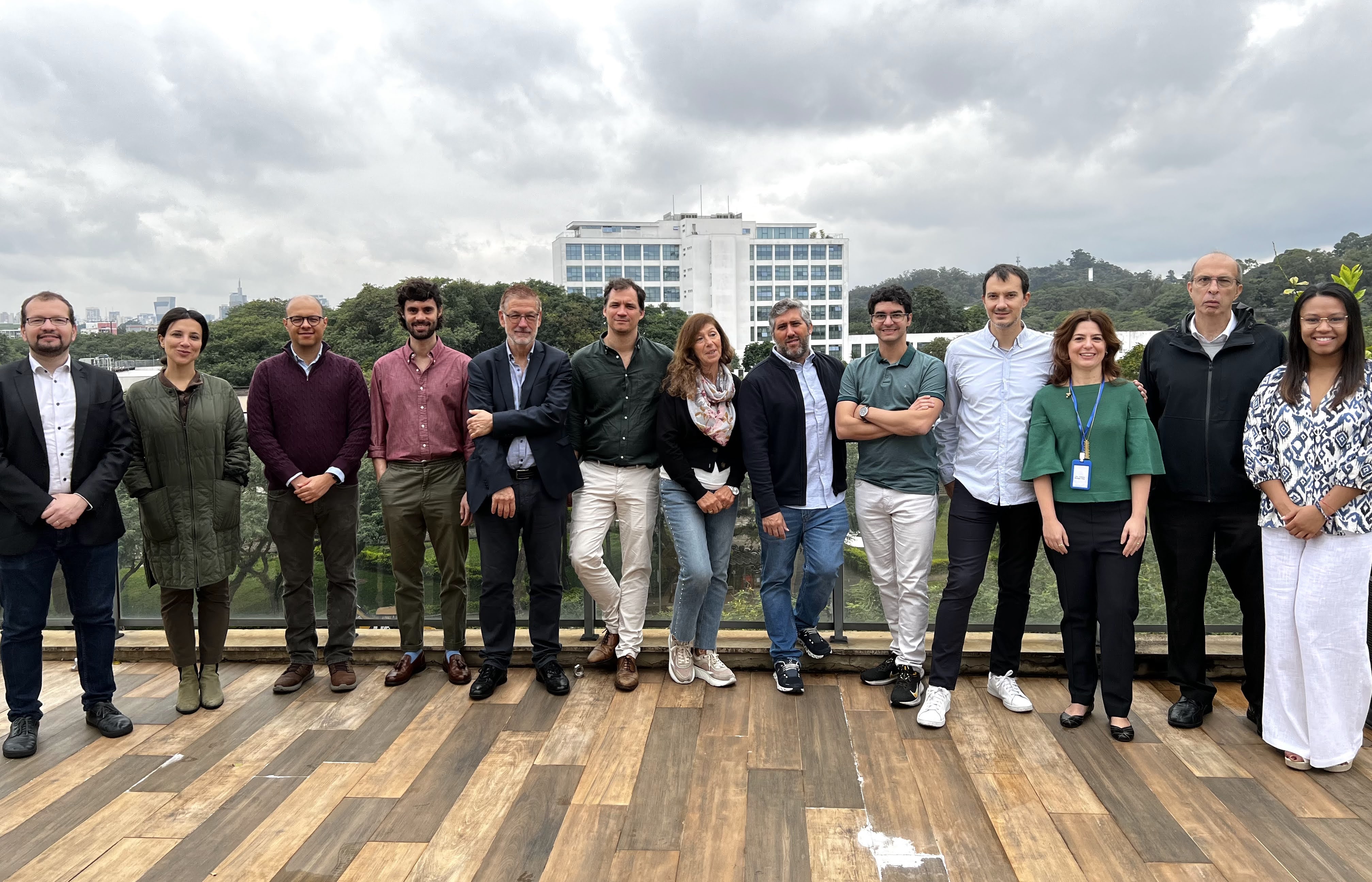
There is currently a discussion on whether competition law should be used as a tool to address environmental harm caused by dominant firms. The theoretical relationship between market power and environmental harm can run in different directions. Therefore, the participants of the workshop discussed possible methodologies for an empirical study that tests this association and the different channels through which it can work. Some of the theoretical considerations discussed where the following:
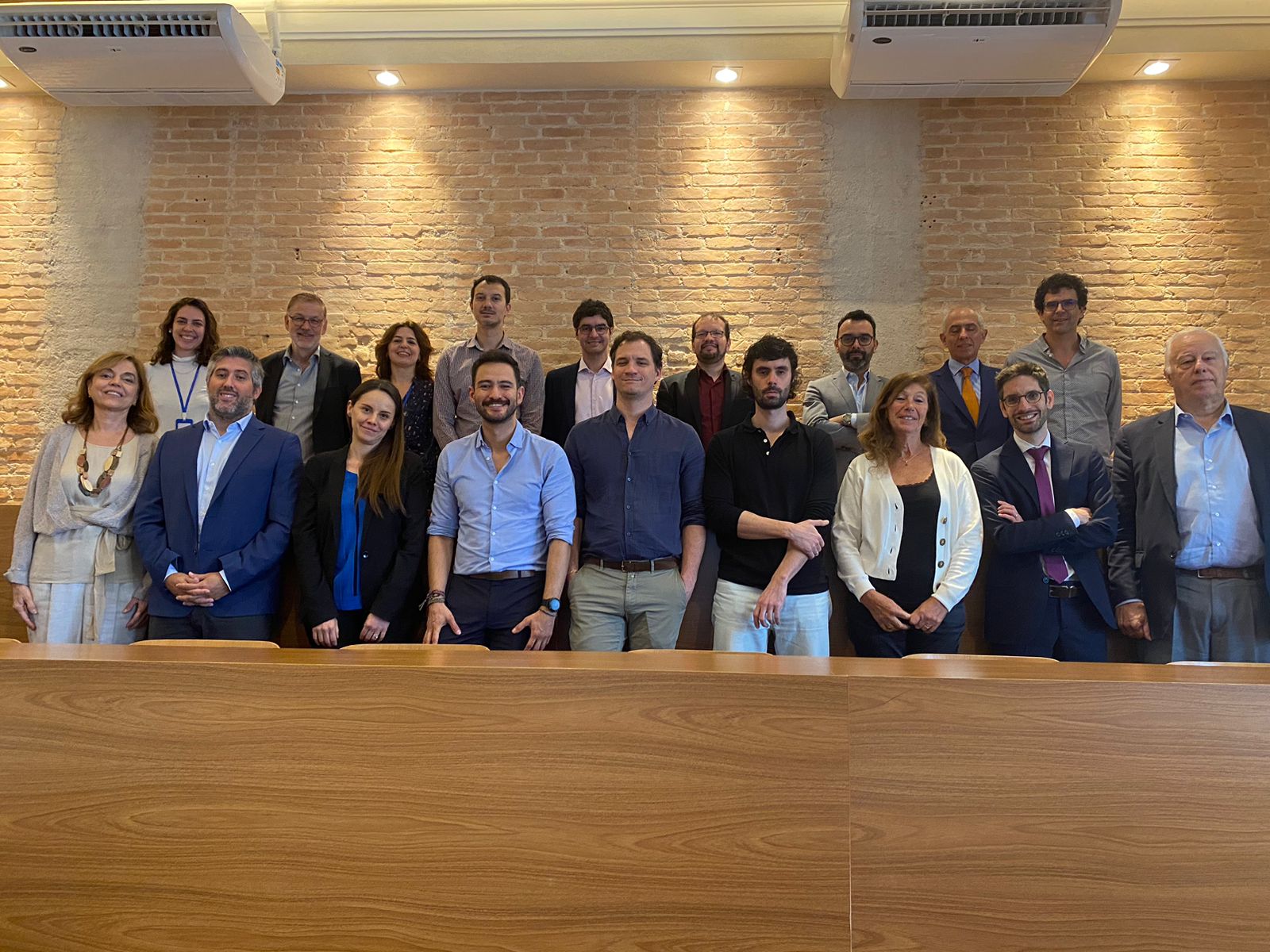
The first workshop on trade secrets and test data protection was held on 27 April. This workshop initiates the work of a new research line of the Smart IP Initiative.
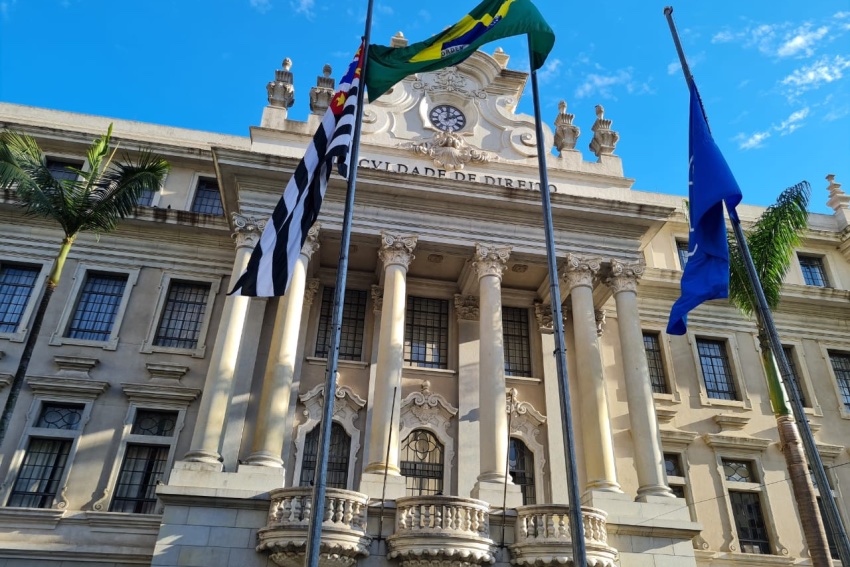
What are the challenges and the appropriate regulatory frameworks to promote technology transfer and regional innovation in the sectors of renewable energies in Latin American countries? In view of the global importance of developing the region's great potential for the production of renewable energies in an economically sustainable manner, the IV Annual Conference of the Smart IP Initiative for Latin America (SIPLA) sought to answer these questions in debates between academics, regulation specialists and market players.

On Tuesday 25 April 2023, the workshop on the "Regional Instrument on Patentability, Exceptions and Limitations", a project of the Smart IP for Latin America (SIPLA) Initiative, was held in the city of Sao Paulo, at the Faculty of Law of the University of Sao Paulo, in the framework of the IV Annual Conference “Technology transfer and regional innovation – the example of renewable energy production” of the mentioned SIPLA Initiative.

With the aim of promoting research and development in Colombia and Latin America, the Department of Intellectual Property of the Universidad Externado celebrated the inauguration of the second 'Intellectual Property Observatory', sponsored by the Max Planck Institute for Innovation and Competition.
On 7 and 8 November 2022, the second workshop on the creation of a regional instrument on patent law was held at the Faculty of Law of the University of Buenos Aires. This workshop is a continuation of the one held in March of the same year where the group of participants discussed and agreed on the development of a regional instrument covering different aspects of patent law.

On March 16, 2022, the III Annual Conference of the Smart IP for Latin America Initiative was held under the question, "Are there sufficient incentives to innovate in sustainable technologies?" On this occasion, two panels of renowned jurists and economists in the region presented their views on the challenges and opportunities facing innovation policies in sustainable technologies in Latin America.

In September 2022, in the city of Curitiba, the Initiative organised, with the support of the Federal University of Paraná, a workshop related to copyright and flexibilities. It brought together more than 15 representatives from academia, experienced experts with background in Collective Management Societies and governmental bodies, as well as civil rights organisations, from Argentina, Brazil, Chile, Colombia, Mexico, Peru and Uruguay.
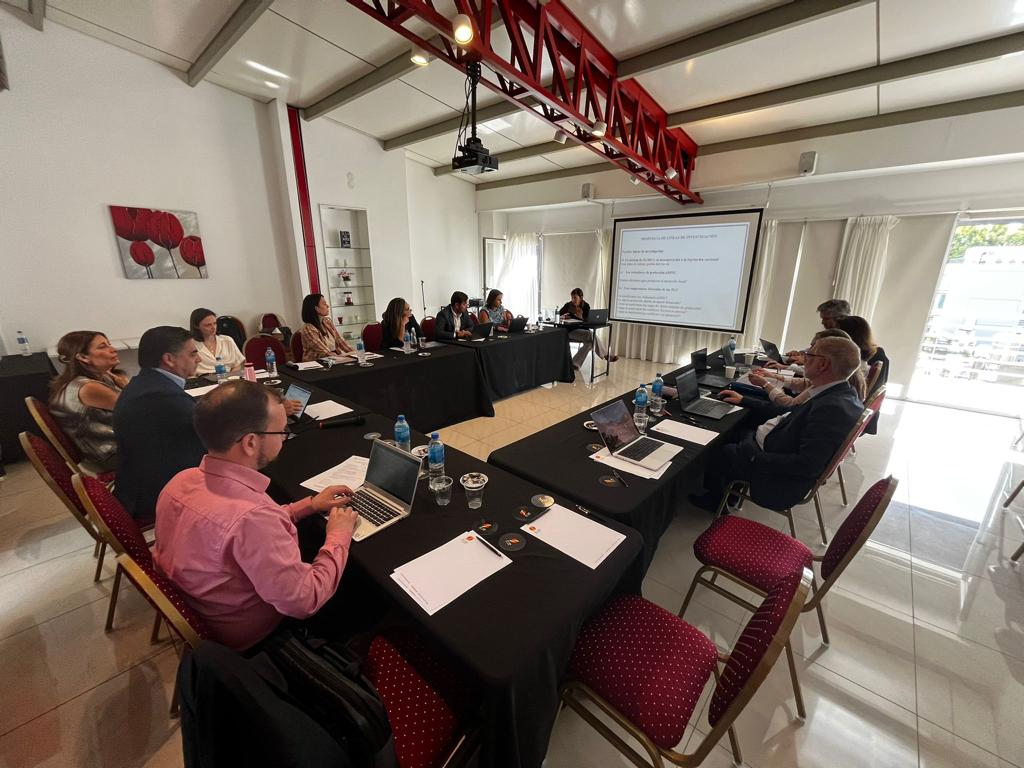
Most competition authorities in the region face institutional problems in the enforcement of competition laws, which impedes their effectiveness. Some of these problems include: low budget, lack of sufficient legal powers, and inefficient judicial systems that affect the review of decisions made by competition authorities.
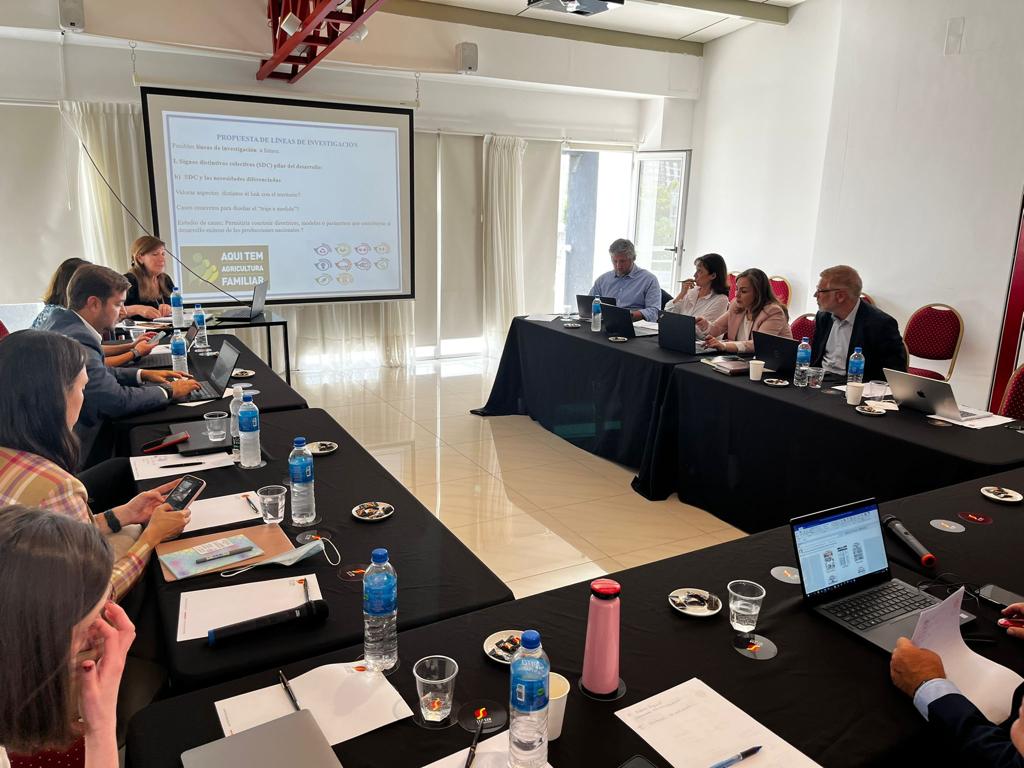
In the Workshop, the possible causes of the almost null activity of the competition authorities in the region regarding abuses in technology transfer contracts were discussed.
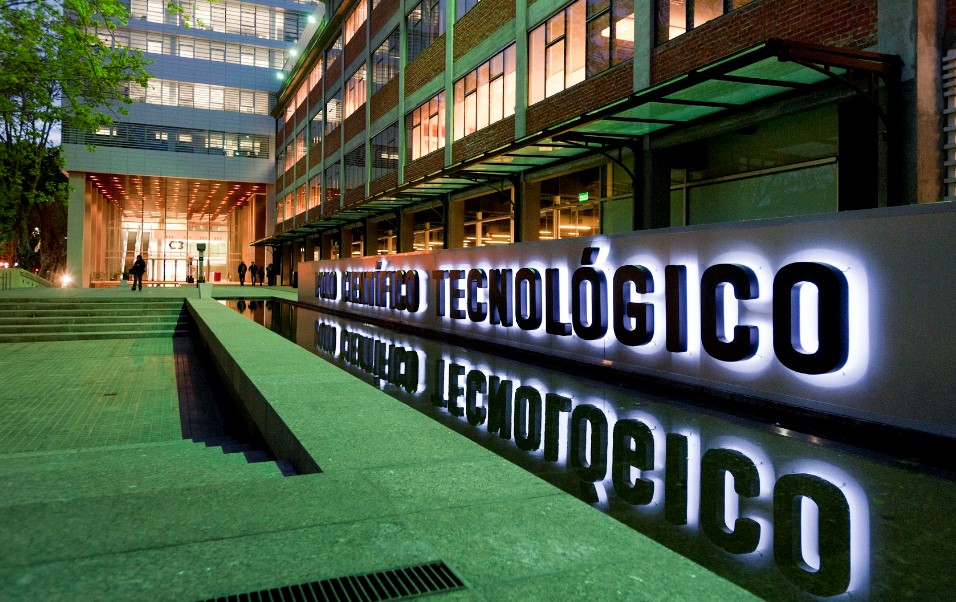
The third annual conference of the Initiative took place 16 March 2022, in Buenos Aires, Argentina. It was organized in collaboration with the Ministry of Science, Technology and Innovation (MINCYT).

The use of flexibilities in the patent system has been the subject of several studies and debates by both academics and policy makers. One of these studies was developed by the Smart IP Initiative as a first step in the analysis of the Latin American patent system, where it was possible to identify and describe the use of flexibilities in the region.

The objective of the workshop was to define lines of research based on the comparative study of "Collective Distinctive Signs as Instruments of Sustainable Development".

The workshop brought together experts from the eight countries on which the study focuses, namely Mexico, Costa Rica, Colombia, Peru, Chile, Brazil, Argentina and Uruguay.
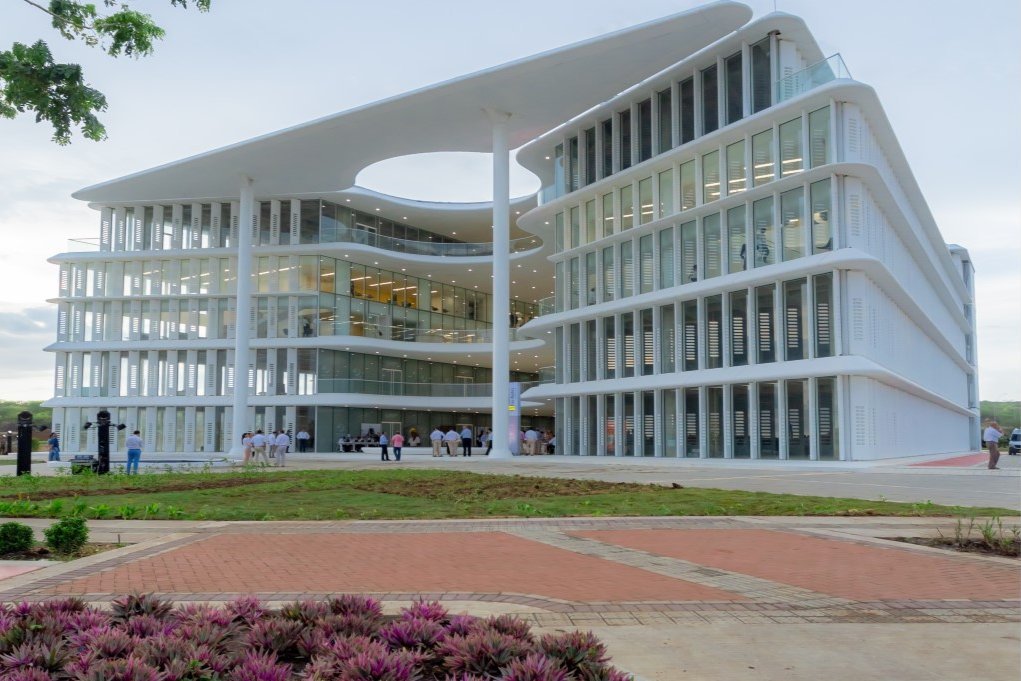
The second annual conference of the Initiative took place from 3 to 5 April 2019, in Cartagena de Indias, Colombia. It was organized and hosted in collaboration with the Universidad de los Andes.
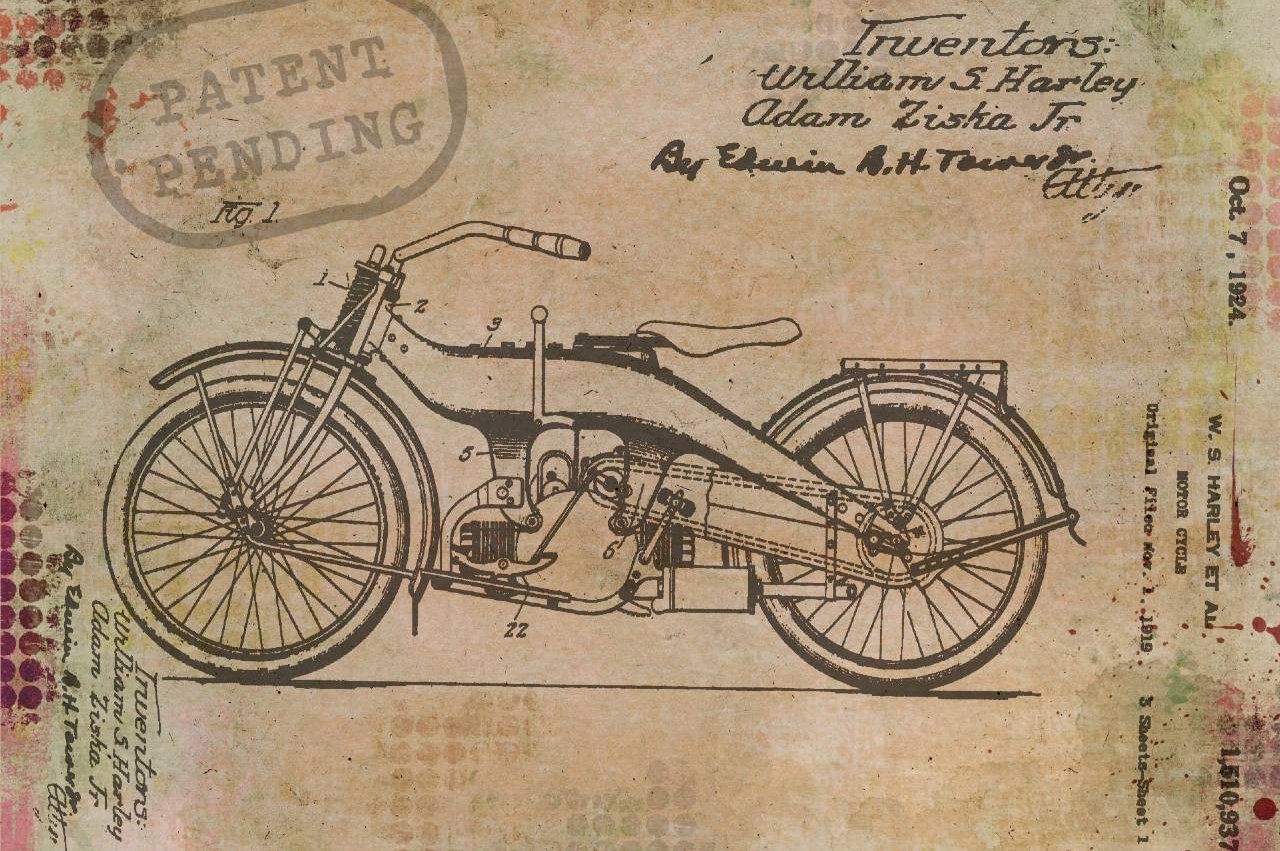
The workshop brought together experts from the eight countries on which the study focuses, namely Mexico, Costa Rica, Colombia, Peru, Chile, Brazil, Argentina and Uruguay.

The first annual conference of the Initiative took place from 21 to 23 March 2018, in Santiago de Chile. It was organized and hosted in collaboration with the Chilean National Institute of Industrial Property (INAPI).